Comedy: When the Jokes Go Too Far
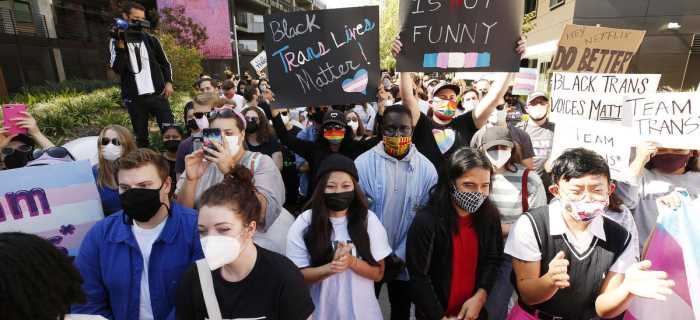
On October 20, 2021, trans employees, activist groups, and their supporters arranged a walk-out protest at one of Netflix’s office buildings in Los Angles. They did this in response to jokes made by comedian Dave Chappelle in his comedy special The Closer. Critics accused Chappelle of making bigoted jokes about trans people. This is not an isolated incident. As comedian Jimmy Carr similarly found himself in trouble for a joke about Gypsy and Roma people (Also known as GRT people) in his special His Dark Material, which premiered two months later. (December 25, 2021.) Finally, Will Smith Slapped Chris Rock at the 2022 Oscars for joking about Jada Pickett Smith’s shaved head. Many accused Rock of disrespecting African-American women and women with alopecia. (Tiffany Hadish and Representative Ayanna Pressley defended the slap initially, believing comedians regularly are insensitive towards African American women.)
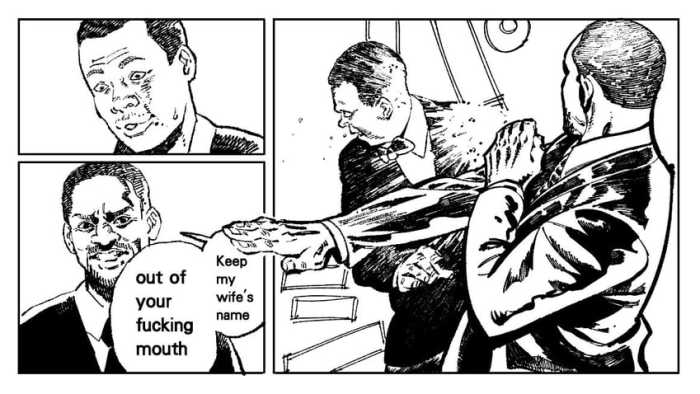
Comedians are under pressure for jokes that people find offensive. Many critics accuse them of using hate speech, perpetuating offensive stereotypes, and inciting hate/violence against marginalized groups. This is not anything new in the United States. In 1973, the country faced a similar situation with comedian George Carlin. After performing his stand-up routine, 7 Words You Can’t Say, on T.V. (The act mainly dealt with vulgar language.) This led to a court case surrounding obscenity charges against Carlin and the radio station (WBAI) that aired it. This case eventually reached the Supreme Court and led to them reviewing the powers of the Federal Communications Commission (FCC). This case was ruled in favor of comedy being protected under free speech. (Many women/feminists have also accused Carlin of misogyny for his other comedy routines.) While critics assert that comedians are taking their jokes too far, comedians have defended their right to tell these types of jokes as a part of free speech.
Many, comedians also claim that they mean no ill will; their remarks are just jokes and should not be taken too seriously. Critics often doubt the sincerity of such statements and believe comedians are simply hiding behind the veneer of comedy. They think these comedians are actually bigoted towards particular groups. Critics want companies like Netflix to cancel/remove the stand-up performances of offensive comedians. They believe this humor can put certain groups in danger or be emotionally hurtful. (Some believe this could lead to increased self-harm in certain groups.) This has left people questioning what the metaphorical line is. Should comedians be allowed to cross it or not, and if a comedian says something offensive, should they be punished? If people believe they should be punished, what should that punishment be?
Similarities to Previous Works
This topic is nearly identical to my previous article (Anime Versus Cancel Culture). In that article, some believed that visual depictions of offensive acts could lead to problematic behavior. They thought canceling the content and the individual that produced it was the appropriate response. That article already addressed cancel culture. As well as the effect offensive content has on people and whether it is possible to discern someone’s true intent from fictional media/dramatic performances. (TLDR, you can undoubtedly try to infer someone’s feelings. But unless you are a mind reader, you cannot know what they genuinely believe in or the intent of their actions.) So, for the sake of brevity, those topics will only be summarized here. If anyone reading wants a more detailed explanation of those topics, it is highly recommended to read that article. This article will mainly focus on the controversy surrounding comedians and hate speech. This article should be treated as an addendum to that previous work.
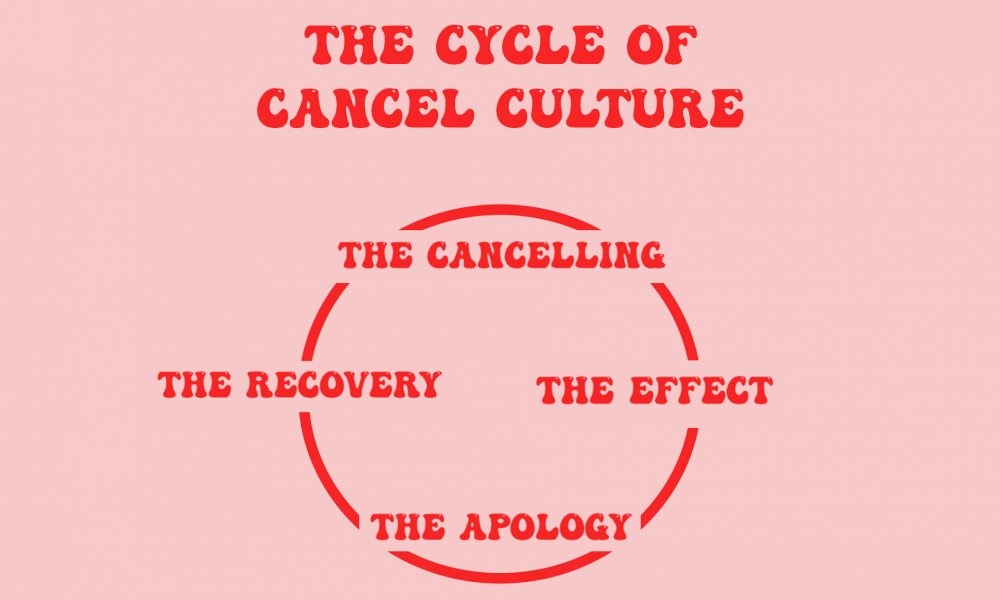
Summary of Cancel Culture
There are only a few points that need to be understood about cancel culture for this article. Cancel culture usually has someone being forced out of their position for saying/doing something people find objectionable. (This should not be considered the same as someone being removed from a position due to having criminal charges brought against them.) Secondly, people who engage in the practice of cancel culture may have the best intentions. But, due to how the practice is carried out by the public, it often has more in common with a mob. This usually leads to the offenses being poorly investigated. The lack of a proper investigation typically leads to the facts surrounding the situation being misrepresented. For that reason, cancel culture should never be the relied-upon method for addressing offenses, as it has no consistency and is often inaccurate. When an issue arises over someone’s conduct, it should be investigated and have the punishment carried out by the proper authorities, not by people on a social media site.
Finally, it should be noted that cancel culture is nothing new. While it may have been called by different names, it has always existed. Impiety, call-out culture, the red-scare, excommunication, witch hunts, and blacklisting are all alternative names for practices nearly identical to modern-day cancel culture. Some of these examples ended in violence, with people being killed, imprisoned, or forced to flee their homes. Literally, anything can offend anyone. But being offended does not prove that something is dangerous. All being offended proves is that something be it an idea, action, or lifestyle, is objectionable to the offended party. It does not mean that said offense actually hurts society. For example, some Christians find homosexuality to be immoral. However, this does not prove that homosexuality will have a negative impact or lead to the moral degradation of society. (Video breaking down cancel culture)
Summary of Offensive Media: it Won’t Hurt you
Media has always been accused of corrupting the youth. It has been seen with literature, video games, films, music, theatre, cartoons/animes, religion, science, political ideologies, social commentary, and comedy. Despite being a constant accusation launched at offensive media, almost all studies find it primarily untrue. In the case of fictional media, it is usually accepted that people can discern that the events in fictional media are not real. For this reason, people typically accept that the events in them are only being done for dramatic/entertainment purposes. This is why people usually do not believe that fictional portrayals are an individual’s true beliefs, nor do they imitate the fictional content in real life. (This is because there would be consequences for behaving in such a way. If someone behaved the way you could in games like GTA, they would possibly be in jail or dead.) This alone should be enough to end the controversy surrounding offensive content. Yet, this is a reoccurring conversation, no matter the culture or year.
This is because critics believe there is no way of knowing how this content can affect people psychologically, especially kids. This is partially true. Despite most studies saying offensive content will not have a negative impact; there are some outliers where people have been affected. Most of these examples are individuals with antisocial personality disorders or other mental health issues. Even amongst those individuals with personality/mental health disorders, it is rare they will be affected by violent/offensive media. (John Hinckley Jr. was inspired to shoot President Regan after watching the film Taxi Driver due to his obsession with Jodie Foster. The irony is that many felt the film was critical of how we treat those with mental health issues, the treatment of war veterans, and the glorification of violence.)
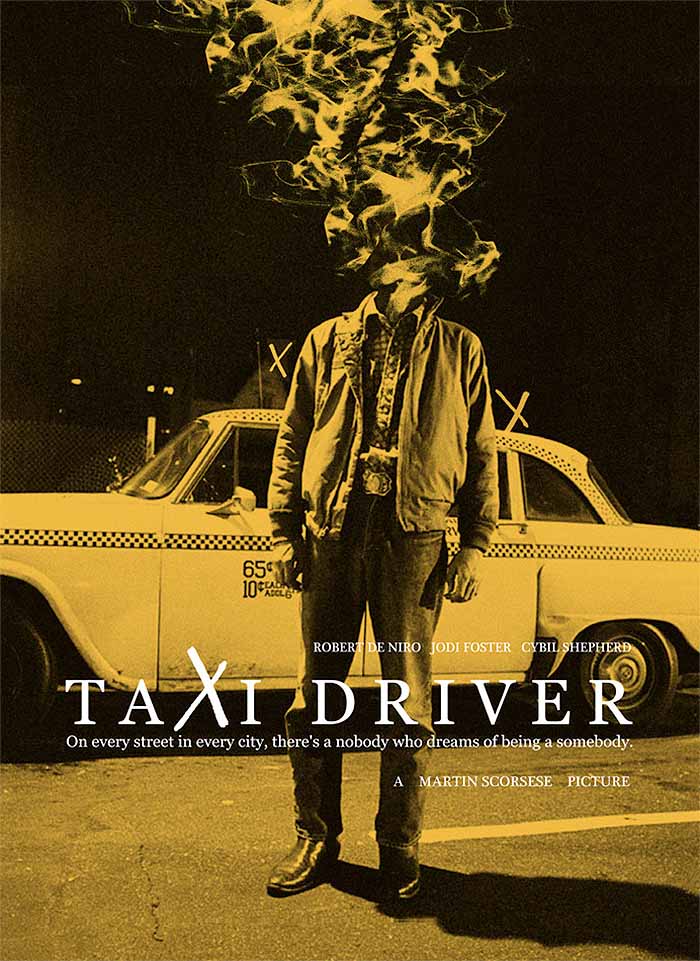
With how rare it is for someone to be affected by media in such a way, most people believe it is up to the individual to manage their own mental health. It is similar to content with offensive depictions of minority groups. Many will use Birth of a Nation as an example of how films can lead to increased persecution of minority groups. (This film by D.W. Griffith is often considered racist propaganda.) Despite claims that it revived the Ku Klux Klan, evidence points to other factors leading to the group’s return. Popular media usually is a byproduct of the cultural attitude surrounding specific topics. Essentially, many believe the people committing hate crimes were racist before someone created a film or performed an offensive routine. And when looking at the facts, it does not appear that hate crimes are on the rise due to people making jokes that some find disagreeable.
Just the Facts
This article uses data from justice.gov, as most agencies reference this source. Since the Justice Department is still gathering data for hate crimes that occurred in 2021. (At the time of writing.) This article obviously cannot look at hate crimes past 2020. Regarding most recent hate crimes against trans and gender nonconforming individuals, there is an increase. (Trans increased from 152 to 214. GNC increased from 37 to 53.) Most hate crimes are racially motivated. In 2019 it went from 3,963 to 5,227 in 2020. There is no denying that the number of hate crimes did increase. In 2019 there were 7,287, and in 2020 there were 8,263. But this is something that should be expected. (Unfortunately) According to the APA (American Psychological Association), most hate crimes
are an extreme form of prejudice, made more likely in the context of social and political change. Public and political discourse may devalue members of unfamiliar groups, and offenders may feel that their livelihood or way of life is threatened by demographic changes. Offenders may not be motivated by hate, but rather by fear, ignorance or anger. These can lead to dehumanization of unfamiliar groups and to targeted aggression.
APA.org
The APA believes hate crimes are primarily due to political and social change. (2020 was an Presidential election year. And based on the Justice Department’s data, every Presidential election year over the past 29 years has seen a spike in hate crimes, when compared to the previous year.) This prejudice may manifest as public/political discourse. And art undeniably overlaps with politics at times, as art can be a direct response to it or be politically motivated. (George Orwell’s 1984 is possibly the best example of this.) But, as stated earlier, psychologists have not found any proof connecting any form of artistic media and increased violence. But the connection between politics and social change leading to increased violence is well documented.

The most “reported” hate crimes in America occurred in 2001. If the APA’s theory on the cause of hate crimes is true. Then, these hate crimes are probably a reaction to the political tensions of that year. The September 11 terrorist attack is most likely the cause of increased anti-Muslim backlash that occured. (Reported Anti-Muslim hate crimes in 2000 were 49. In 2001, it was 499.) There are other examples over the past 29 years of collected data. In 2015, there was increased violence against the LGBTQ community. This was most likely due to increased attention after the Supreme Court made it illegal to block same-sex marriages in America. (Hate crimes against Gay men increased from 612 to 674. Lesbian women increased from 131 to 138. And attacks on the Tran individuals went from 60 to 74.) And more recently, we have seen an increased number of hate crimes against Asians possibly due to the Covid virus originating in China. (Attacks on Asians went from 161 to 279.) This is likely the same reason we are currently seeing attacks based on trans and gender identity. As of right now, it is a highly contentious topic that is being debated by politicians.
Are you a Lemming?

While politics is the main reason for hate crimes. It is still a small minority that becomes radicalized. Any group can become radicalized. This does not mean the recent increase in hate crimes should be ignored. But, blaming someone for the actions others takes seems to be an abdication of personal responsibility. Even if some politician (or comedian) made a direct appeal for violence they could simply be ignored. People do not have to do anything that is asked of them. We have free will.
When considering most psychologist do not believe that fictional or offensive media cause negative behavior. And that hate crimes are typically motivated by social and political change. It is rather doubtful that the offensive jokes made by comedians are leading to the recent spikes in hate crimes. (Or any other form of offensive media, for that matter.) Some disagree with this and believe objectionable content can lead to adverse outcomes. (Or, at the very least, exasperates the situation.) That is why there are features to help prevent people from encountering it if they do not want to see it.
No One Accidentally Watches Porn

The compromise for potentially offensive media has been using advisory warnings, regulating who can buy such content and where it can be obtained. Putting these types of restrictions on objectionable content allows people to have some form of forewarning before engaging with such content and also acts as a way to restrict adolescents’ access. Effectively it is kept out of sight for those that do not want to see it. And “ideally” out of reach for minors. Essentially this means if someone wants to see content deemed offensive, they must seek it out willingly. (The argument against offensive content becomes weaker as technology becomes more advanced and devices get better parental features.) They are free to associate with whomever and whatever they choose.
Rights Aren’t Rights if Someone can Take them Away From You
The freedom to choose whom and what we interact with is called free association, according to Professor of Law David L. Hudson Jr.
The freedom of association — unlike the rights of religion, speech, press, assembly, and petition — is a right not listed in the First Amendment but recognized by the courts as a fundamental right…There are two types of freedom of association: the right to expressive association and the right to intimate association. Additionally, the First Amendment protects a right to associate and a right not to associate together.
Freedom of Association By David L. Hudson Jr.
There are certain situations where one’s political views and identity could be discriminated against legally. (This applies mainly to the government.) For example, groups like the women’s rights movement and LGBTQ groups historically have had safe spaces in the past. On some college campuses, they still do. This is done so they can segregate themselves of their own choosing. This is relatively similar to how the Amish self-segregate. And this is done to avoid further conflict, with groups they may not agree with. Or so members of that community can associate exclusively with those who share their personal beliefs. As many of these groups have come to understand that what one finds acceptable when deciding to live their life will always be subjective.
Trying to be objective about subjective feelings
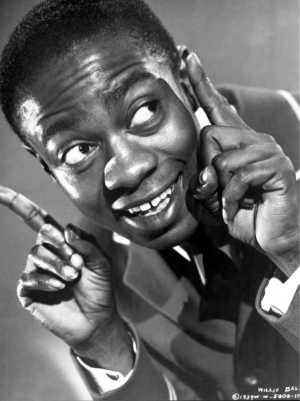
According to the Oxford dictionary, hate speech is “abusive or threatening speech or writing that expresses prejudice against a particular group, especially on the basis of race, religion, or sexual orientation.” There are variations on this definition, but hate speech always seeks to “vilify” or “humiliate” someone based on race, religion, or orientation. This is where the conversation enters a grey area, as comedians often joke about sensitive topics like race, religion, and different cultures. And there is no denying that in the past, certain races have intentionally been depicted in highly offensive ways. This has been seen with Natives in America, Africans, Jewish, Asians, and the LGBTQ community. This gives some credibility to current critics’ concerns when looking at modern comedy. Humor can be used as a way to belittle and humiliate another culture. This is often why minority groups are skeptical of jokes made by the majority. (In the case of America, this would be people of white European descent.) This is not helped by the fact that, in the past, America portrayed these groups in offensive ways with no nuance to their culture. This combined with acts like black, yellow, and red face that were often used to mock minority groups. And since minority groups were not allowed to appear in performances at one point, many do not believe entertainers have completely discarded this racist past.
What is the difference between being offensive and being Racist?
Much of the content used to vilify certain races is considered propaganda. This is why people believe comedians and other artists are using their art as a cover to say offensive things about other races/groups. (Essentially people believe modern comedians are trolling.) While propaganda can take multiple forms, such as drawings, literature, music, film, and plays, it is typically not considered art. Propaganda’s only purpose is to instill fear or spread a biased political message. Propaganda is ”always” heavily biased and intentionally misleading, as it does not present both sides of a topic. Comedy can take multiple forms. Satire, black comedy, self-deprecating, absurd, parody, farce, wordplay, improv, and slapstick are just a few different comedy styles. While comedy is not always nuanced, many feel it typically is not seeking to spread fear. While comedy can be mocking and humiliating, it usually has a purpose behind those actions beyond simply making a particular group look bad. Comedian Ricky Gervais says,
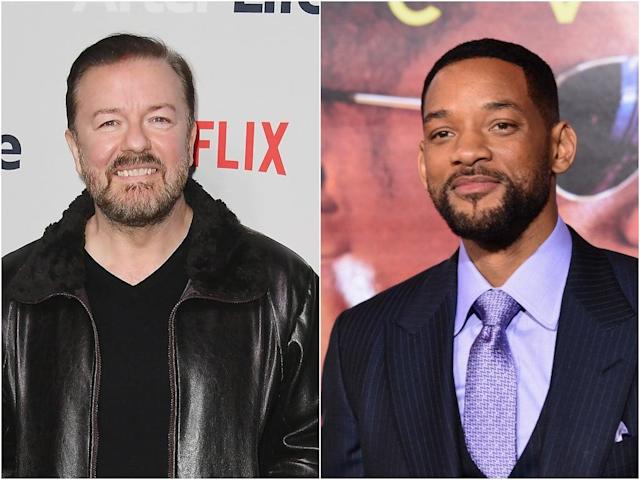
Source of image
There is a big difference between comedy and sense of humor. And I think that a comedian’s job isn’t just to make people laugh. That’s easy. That can just be a reflex… I think that it’s about making people think about it. Why it’s funny. And I think comedy is about empathy. I think I can’t laugh with people I don’t like. I don’t think you should ever be above the audience. There’s nothing remotely funny about seeing unfeasibly handsome, brilliant people come out and tell you why they’re brilliant. I want to see a putts losing his way, falling over, and getting back up and dusting themself off. And you got to see that humanity. That sort of struggle. In anything, really.
Ricky Gervais: The Principles of Comedy | Big Think
I Know it When I See it
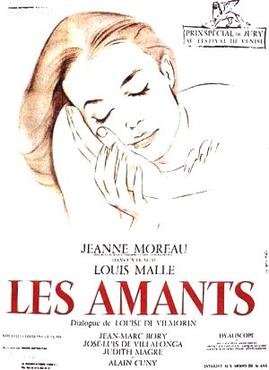
Some may believe that this is merely semantics. Some think people are simply trying to protect content that they like. But again, America had a similar situation happen in 1964 in the case of Jacobellis v. Ohio. Back in 1964, theatre manager Nico Jacobellis was charged with obscenity for showing the French film, The Lovers. The film is about a young woman (Jeanne Tournier) who is having an affair and, by the end of the movie, runs away with one of her lovers. (Jeanne’s primary lover is Raoul, but after growing bored of both her husband and lover, she ends up leaving with her new lover Bernard to start a new life.) Due to the film’s subject matter and sex scenes, many accused it of being hard-core pornography and not a movie. Thus it would not be protected under free speech. While the case was initially decided in favor of the state, it was appealed and brought before U.S. Supreme Court. At a 6 to 3 vote, it was decided that the Ohio court’s ruling was incorrect. That the film was not obscene and was constitutionally protected.
Justice Potter Stewart penned the most famous opinion in Jacobellis, issuing a short concurrence reasoning that only “hard-core pornography” should qualify as obscenity. He proclaimed: “I shall not today attempt further to define the kinds of material I understand to be embraced within that shorthand description, and perhaps I could never succeed in intelligibly doing so. But I know it when I see it, and the motion picture involved in this case is not that.” Stewart later bemoaned the prospect of “I know it when I see it,” becoming the epitaph on his grave.
Jacobellis v. Ohio (1964) By David L. Hudson Jr.
Many feel this is the same situation we are in with comedy right now. Due to the nature of art, everyone will have a different definition of what makes comedy a comedy. The same thing can be said about any art form. We even saw a similar debate when Martin Scorsese said he does not consider Marvel movies to be “cinema.” While there are similarities between jokes about race/sexuality and racist/homophobic remarks. It does not automatically mean comedians are prejudiced against a particular group. Often they are doing a bit or playing a character and are not entirely serious. There could also be a deeper meaning behind their words when closely examined. This can be seen in most comedy routines.
When deciding if media is obscene or inappropriate, the only method we really have for it is basing it on our own subjective opinion. There is no form of objectivity when deciding such matters. And unfortunately, this means this article can only offer a collection of varying opinions. So, what do the LGBTQ community and their supporters think of Chappelle’s comedy?
They See it, And They hate it (For The Most Part)
Many news outlets like Vox, NBC, L.A. Times, and TVline covered the controversy between Chappelle and the trans community. These outlets had a primarily negative opinion of Chappelle’s special and condemned it in some capacity. NBC journalist Michael Crawford said, “I don’t want Chappelle to be canceled. I want him to pull out the threads of homophobia and transphobia that run through the quilt of his otherwise brilliant work.” Crawford makes it clear that he liked many of Chappelle’s older performances but felt his current special was hurtful to the LGBTQ community. And that he believed it would lead to kids in the LGBTQ community experiencing the same painful childhood he had experienced.
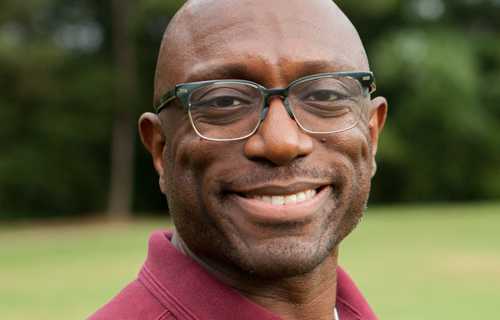
I grew up a scared, nerdy kid in a poor, Black neighborhood in Houston in the late 1970s. I was pummeled with vicious slurs such as “sissy” and “punk” in elementary school by children only slightly older than I was. These babies inherited those terms from their older siblings, fathers, mothers, uncles, and aunts like bigoted antiques passed from one generation to the next. Even my father openly expressed his loathing at having a “fag” for a son. But they also learned them from cultural figures like musicians, athletes, and comedians who thought nothing of cracking jokes at the expense of gay people…
Micheal Crawford NBC
The folks in my neighborhood knew that I was gay before I did. When I realized it, too, I tried to hide it by making myself as small as possible. I was the quiet, bespectacled nerd who knew the answers to questions from the teachers but not what to say to avoid getting hammered in the hallways. I eventually came out at 15, and I’d love to say that it got better after that. But I just became an even bigger target for mockery by boys who wanted to prove how manly they were…
I evolved — and so did the Black community’s opinions of gay and trans people. A majority of people of color now support civil rights for LGBTQ people, including the freedom to marry. But a majority is not everyone. And like some of those same entertainers who filled the heads of my neighbors with stereotypes and hate, newer cultural heroes continue to peddle the same stale jokes and make LGBTQ people like me the butt of their comedy. When I listen to those comedians today, it induces flashbacks to the fear and trauma I felt as a teenager. One of the most successful is Dave Chappelle, whose latest Netflix comedy special, “The Closer,” is in the top five most popular programs on Netflix this week. It’s his sixth for the streaming channel. He’s won five Emmy Awards and three Grammys, as well as the prestigious Mark Twain Prize. I was once a fan of the man and his comedy. I was entranced by his searing observations on race, and because of that, I overlooked his homophobic comments. I cheered his bravery when he walked away from “Chappelle’s Show” on Comedy Central in 2006, which he later said was partly out of concern that he was perpetuating racial stereotypes rather than satirizing and challenging them after he noticed a staffer laughing at him, not with him. I supported his demands that Netflix remove the same program from its lineup because he didn’t think he was being fairly compensated.
Crawford believes that Chappelle has a double standard. That Chappelle’s jokes are made at the expense of the LGBTQ community. Something that Crawford thinks Chappelle should be able to understand as Chappelle walked away from the Chappelle Show for a similar reason.
Actor Billy McCartney reacted similarly and believed many of Chappelle’s jokes portrayed the LGBTQ community inaccurately.
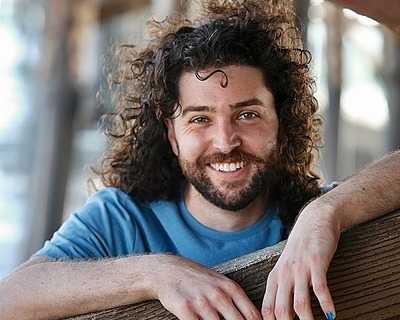
My knee-jerk reaction to the special was to get angry, which is, I think, normal. I’m less angry now. But it’s tough. I think, especially for people around my age, Dave Chappelle is fairly important to a lot of us. Chappelle’s Show started around the time I was in middle school, and the hardest thing about this has been that I never thought I would ever say Dave Chappelle is ignorant on what he’s talking about — because that’s never been the case before. Any special I’ve ever seen, any major issues he’s talking about, I could very confidently be like, “Ooh, Dave’s talking, let’s hold on, I want to hear.” And the thing that hurts about this special is that it starts off so strong, and there’s a lot of really great jokes. Especially in the first half, I think my favorite joke in the whole special is when he talks at the beginning about white gays who are a minority until they need to be white again. When that joke happened, I was like, “Oh no, I’m wrong about this whole thing” — I love that joke because it’s a point that we need to make in the gay community. I have my own jokes about waiting tables in Oklahoma City, where depending on the vibe when I greeted the table, it was like, “Oh, straight Billy’s coming out because I want better tips,” I used to joke about weaponizing white privilege. When it comes to cancel culture, I do want to say I don’t want Dave Chappelle canceled for this special. Cancel culture is great when it’s Kevin Spacey and Chris D’Elia, and Louis C.K. — people that actually harmed others. I do think this special is harmful, but I do not think this special is malicious. I think he felt he was talking from a place of authority. And that’s a bummer because there’s so many things that are just factually wrong. It’s not that the jokes are bad because I even laughed, up until the end of the show, even in the final 10 minutes when I was like, “Oh, buddy, here we go, that’s just inaccurate — you clearly don’t know enough trans people.”
Billy McCartney L.A. Times
This was the last straw for many of his critics, as they had made similar claims after his special Sticks and Stones. They believe his claims of listening to them and being willing to try and make jokes that are less hurtful to the LGBTQ community are disingenuous. They think he is using his friendship with LGBTQ people to hide homo/transphobic feelings. (Not all people felt this way. Comedian Deven Bouchet believes Chappelle is simply misunderstood. And felt Chappelle was sincere in his attempts of trying to show compassion towards the community.)
Stop Telling Lies
Many in the LGBTQ community believe that Chappelle feels that trans women are lesser than women who are born a woman biologically. Writer Tuesday Thomas compared Chappelle’s joke about Caitlyn Jenner to being awarded woman of the year to doing blackface.
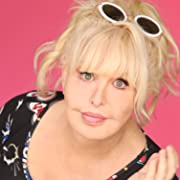
You know, when you say you’re a TERF and you agree with J.K. Rowling because you think trans women are putting on blackface, that’s pretty s—, there’s no joke there, I don’t find the punchline. J.K. Rowling’s got enough money help enact laws that could allow people like me to disappear, that’s what the TERFS want.
Tuesday Thomas L.A. Times
Thomas believed Daphne Dorman was being used as a shield. And felt that it was ironic Chappelle viewed trans women as lesser than other women, as at one point, African men were viewed as lesser than white men.
He had said earlier that he didn’t care if you want to be called a man or a woman, but then he said in his special that he saw somebody come up to him in a miniskirt showing their junk, and it was hard for him to say that that’s really a woman because he’s seen things under the miniskirt. And I’m like, dude, I lived in San Francisco, I’ve seen people walking naked down the Castro, I’ve seen leather guys walking with full leather gear, but not once have I seen a trans woman in a miniskirt with their junk hanging out. I mean, he’s being a bit disingenuous. There’s something that just doesn’t hit right in that joke.
Tuesday Thomas L.A. Times
He said he was very good friends with Daphne Dorman, but the way he speaks about her, there is no real proof he was, it’s almost like he “Dear Evan Hansen”-ed her, after she’s gone. Now he’s using one person as his get-out-of-jail-free card and we all know that’s happened before, like when white people have done that in the past and, “Well … I have a Black friend.” It’s almost like he’s doing that, “Yeah, I can say that, I had a trans friend.” And then he doubles down and says trans women can be called women but, you know, medically, it’s still a man-made vagina. What are you saying, I’m three-fifths of a woman? I’m three-fifths of a person? Where have I heard that before?
Producer Jaclyn Moore had similar feelings and decided to leave Netflix, as the company refused to remove Chappelle’s special.
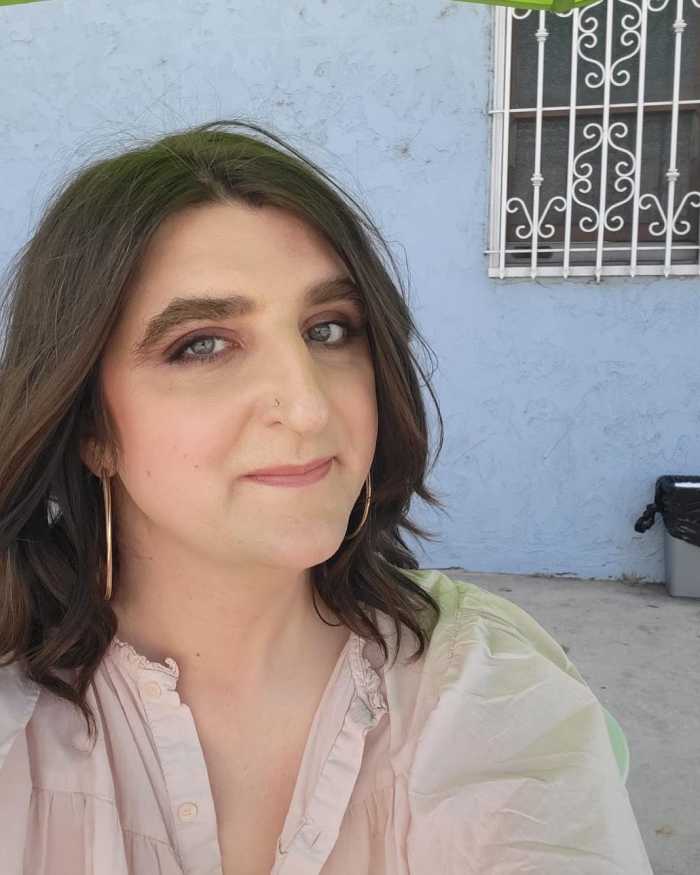
I love so many of the people I’ve worked with at Netflix. Brilliant people and executives who have been collaborative and fought for important art, …But I’ve been thrown against walls because ‘I’m not a “real” woman.’ I’ve had beer bottles thrown at me. So, Netflix, I’m done. Chappelle was one of my heroes, But he said he’s a TERF. He compared my existence to someone doing blackface. He talks about someone winning a Woman of the Year award despite never having a period should make women mad and that it makes him mad. And then he ended his special with a ‘but I had a trans friend’ story. He says we don’t listen. But he’s not listening. Those words have real-world consequences… that every trans woman I know has dealt with…. I can’t be a part of a company that thinks that’s worth putting out and celebrating.”
Jaclyn Moore TVLine
Chappelle and many fans took issue with this characterization of his stand-up routine. For one, it is a performance. By there very nature, performances are not always a sincere reflection of someone’s true feelings. (In my previous article, I used the example of Hayden Christensen taking on the role of Anakin Skywalker in Star War: Revenge of the Sith. In that film, he murders children. We naturally understand that he is not really a child murderer or condoning such actions. He is putting on an act. Comedy may not be a one-to-one example, but it is usually considered an act.) Chappelle felt that many of his critics were merely attacking his character. He welcomed criticism so long as they were actually critiquing his work. He believed that much of the criticism removed the artistic nuance from his performance.
Something most people who have experienced multiple forms of entertainment should be able to understand is that artistic intent is going to vary depending on the medium, genre, and artist. For example, most people who have read J.R.R Tolkien’s The Lord of the Rings would probably understand that it differs from Terry Pratchett’s The Last Hero. The Lord of the Rings is what most considers a high fantasy, while The Last Hero is a satirical comedy in a medieval fantasy setting. And how one interacts with both of these is entirely different from Skyrim, because Skyrim is a video game. While all three of these works would be considered fantasy, how they approach topics like racism, morality, and immorality will differ. And these works of fiction cannot be a one-to-one comparison to the real world as they are works of fiction. This is why one would have to consider those unique aspects before critiquing one of these works; this is much the same situation with Chappelle. His comedy will be different from others and must be examined with that being taken into account. Many of his critics ignore this fact and in some cases, outright misrepresented jokes. (This can be seen with Tuesday Thomas. I will point it out in the next section.) And he believed if people had actually listened to them, while they may still be offended. They would know he is not actually homo/transphobic. Or, at the very least understand he is not being serious.
Sticks and Stones may Break my Bones, but Words will always Hurt Me
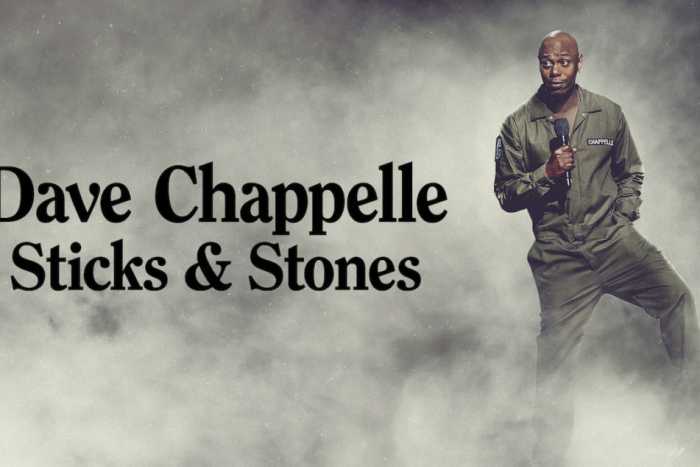
Dave Chappelle’s final special for Netflix, The Closer, makes multiple jokes that could easily offend someone. He made jokes about the coronavirus, sex workers, African-Americans, Asians, priests, child molestation, Jewish People, racism, police brutality, homosexuality, Harvey Weinstein, and former Vice President Mike Pence. But, despite many of his topics being potentially controversial, the two jokes that got him the most push-back were his bits about rapper Dababy’s rant about the LGBTQ community and J. K. Rowling being a TERF. (Trans people labeled Rowling a TERF. Rowling has a detailed explanation of her feeling on this on her personal blog.) Many accused Chappelle of promoting hate speech in these parts of his act, which is why many believe he is bigoted towards the LGBTQ community. (Dave Chappelle talking about his first encounter with cancel culture.)
No one can really know what is inside someone’s heart. So, beyond what someone has publicly stated, there is no way of knowing someone’s true intentions. And because Dave Chappelle is aware of the accusations against him multiple times before making a joke about the LGBTQ community, he clarifies he has no personal grievances with them. (He also does this when talking about feminists and the MeToo movement.) Before talking about rapper Dababy Chappelle says, “And I would like to start by addressing the LGBTQ community, correct. And I want every member of the community to know to know that I’ve come here tonight in peace.” In his routine, before delivering the punchlines to his jokes, he will set it up with additional information about serious topics in America. In his joke about Dababy, Chappelle sets it up with the fact that Dababy has done some questionable things in the past but saw no consequences for those actions.

Dababy, he’s a wild guy. He once shot a nigga…and killed him in Walmart. Oh, this is true. Google it. Dababy shot and killed a nigga in Walmart in North Carolina. Nothing bad happened to his career. Do you see where I am going with this? In our country, you can shoot and kill a nigga, but you better not hurt a gay person’s feelings.
The Closer Dave Chappelle
Looking at this joke in full context, it does not appear that Chappelle is saying anything overly negative about the LGBTQ community. The joke is about how Dababy could kill someone and suffer no consequences. But saying hurtful words (which Chappelle condemned in his special) led to his music being pulled from Spotify and sponsors distancing themselves. But companies primarily ignored or were unaware of him killing someone.
Chappelle states that he has no personal issues with the LGBTQ community. He even says that it is just a joke. But, he later makes a joke about stuffing an old lady in his car’s trunk after she accuses him of being a misogynist.
A couple of years ago, I was in Ohio at a shopping mall. An old white lady—this is true, she was following me around the mall. Which sounds paranoid, but I’m sure she was following me. Mean lady too. You ever see a woman with lines on her face? That just tells you like—even if she’s smiling, it would look like it would hurt the muscles in her face. I knew she was following me cause she was at places that had nothing to do with her. I’d be looking around like, what is this old bitch doing in GameStop and Footlocker and all the places I like to go? Every time I see her, she’d just being looking mean on me. And eventually, I forgot about it. So, then after I am shopping, I go all the way to the back of the parking lot, and as soon as I open my car door, I hear a voice go, “David Chappelle.” Just like that. I didn’t even have to look. I knew it was her. And I looked back, and sure enough, there she was, that face.
The Closer Dave Chappelle
To be honest with you, she probably wasn’t even that old. She’s probably around my age. But she was a white woman. This bitch looked terrible. I’m going all the way. I kept my cool. I was nice. I said, “Hello, miss.” And she didn’t say anything back. All she said was, “I watch your comedy.” I said, “Oh-Oh.” And then she says, this is true, she goes, “sounds to me…like you hate women” I said, “Well, you know what, miss? It’s art. You are free to interpret this art however you like, but I can tell you as the maker of this art that I don’t believe I feel that way.” And she said, “Well, I think –”And I said, “Shut up Bitch! Shut the fuck up!” “Before I kill you and put you in the trunk. Ain’t nobody around here.” I’m just kidding. I didn’t say that. I felt that way, but that’s not what I said. I was more clever than that. You know what I said. And this is exactly what I said. I said, “Miss before you finish that statement, let me ask you a question. Where did you see me? Did you buy a ticket to a concert I did? I doubt that. Or maybe you watched one of my specials on Netflix. Or…Or…Did I follow you to your car and do my act?” She said, “What?” I said, “Keep it in the comments section, bitch; this is real life, ta-ta.”
Even in this joke, he states that he is just joking about harming her and over-embellishes his reaction to her accusing him of hating women. He tries to make it clear to the audience that he is putting on a performance. His remarks should not be taken seriously, but it is okay if people do not believe him. He does not expect everyone to enjoy his comedy. But, he says that he is not indifferent to the suffering of others. This led to him talking about people getting angry with him.
Now listen, women get mad at me, gay people get mad at me, lesbians get mad at me. But I’m gonna tell you right now this is true these trans genders, these niggas want me dead. I’ve gone too far, said too much. But I got to tell you I’m very worried. I’m not even joking with you. Every time I come out onstage, I be scared. I be lookin’ around the crowd searching. For Knuckles and Adam Apples to see where the threat be coming from. A nigga came up to me on the street the over day. He said, “Careful, Dave, they after you.” “One they or many they?” Before I say anything about that community, you must know, and I hope you all feel the same way. I am not indifferent to the suffering of someone else. There’s laws, the mean laws in our country.
The Closer Dave Chappelle
North Carolina passed a law once. They said a person in North Carolina must use the restroom that corresponds with gender they were assigned on their birth certificate. No, No, No. No, that is not a good law. That is a mean law. No American should have to present a birth certificate to take a shit at Walmart in Greensboro, North Carolina, where Dababy shot and killed a motherfucker. You have to ask yourself if you’re thinking about it, who are these laws designed to protect? Let’s say they designed this law to protect my interest, transphobic comedian Dave Chappelle. Let’s say I’m in Walmart, doing a little shopping with my family. Now I should tell you if that ever happens in real life, you should know my dreams didn’t work out. Well, let’s say something goes horribly wrong, and there I’m in Walmart with the poor whites rummaging around for mediocre goods and services. And then I got to go to the restroom.
So, I excuse myself from my family. I go to the men’s room. Now I’m standing at the urinal, taking a leak. And this is what this law is gonna do. And suddenly, a woman walks into the men’s room. I’m like, that’s strange. And then she stands shoulder to shoulder with me at the urinal, I’m gonna be like, ah Bitch, what’s going on with you. And then she hikes her skirt up and pulls a real live, meaty dick out! What do you think I am going to say? Thank god she’s in here with me. At least now I know my family is safe. No, I’m not gonna feel that at all. I’m gonna feel very uncomfortable. I would feel better if it was a man with a vagina that backed up to the urinal next to me. I wouldn’t think about that. I’d just be like, “That’s funny. This guy is peeing out of his butt for some reason. Oh, my god, he must be a veteran. Thank you for your service.
This was the joke Tuesday Thomas was talking about in their critique of Chappelle’s stand-up. Something worth noting in Thomas’s critique is they made it appear as if Chappelle was talking about a real person. That a real transgender person was walking around and had flashed him, and that made him uncomfortable. When in actuality, the joke is about how Chappelle thinks the law forcing people to use the bathroom of their assigned gender at birth is a pointless law to him. Even the punchline is about how it is absurd that someone is going to care about what genitalia someone has when they are in a bathroom. (As unless you are looking, you would not know.) This is what Chappelle and many of his supporters take issue with. It is not the fact that people are critical or that they do not like the jokes. It is the constant ad hominems. (An ad hominem is a personal attack on someone that does not actually engage with their argument. In this case, it is a personal attack on the comedian and not actually offering criticism of why they find the performance offensive.) Chappelle feels that people are merely using his comedy to make personal attacks on him. When he feels they should be engaging with his art and explaining to him why his comedy is not funny to them or does not work. Chappelle acknowledges art is subjective and can have different interpretations. He has made it clear he is willing to listen to criticisms if it is about his craft. He talks about this in an interview with PBS’s Jeffery Brown.
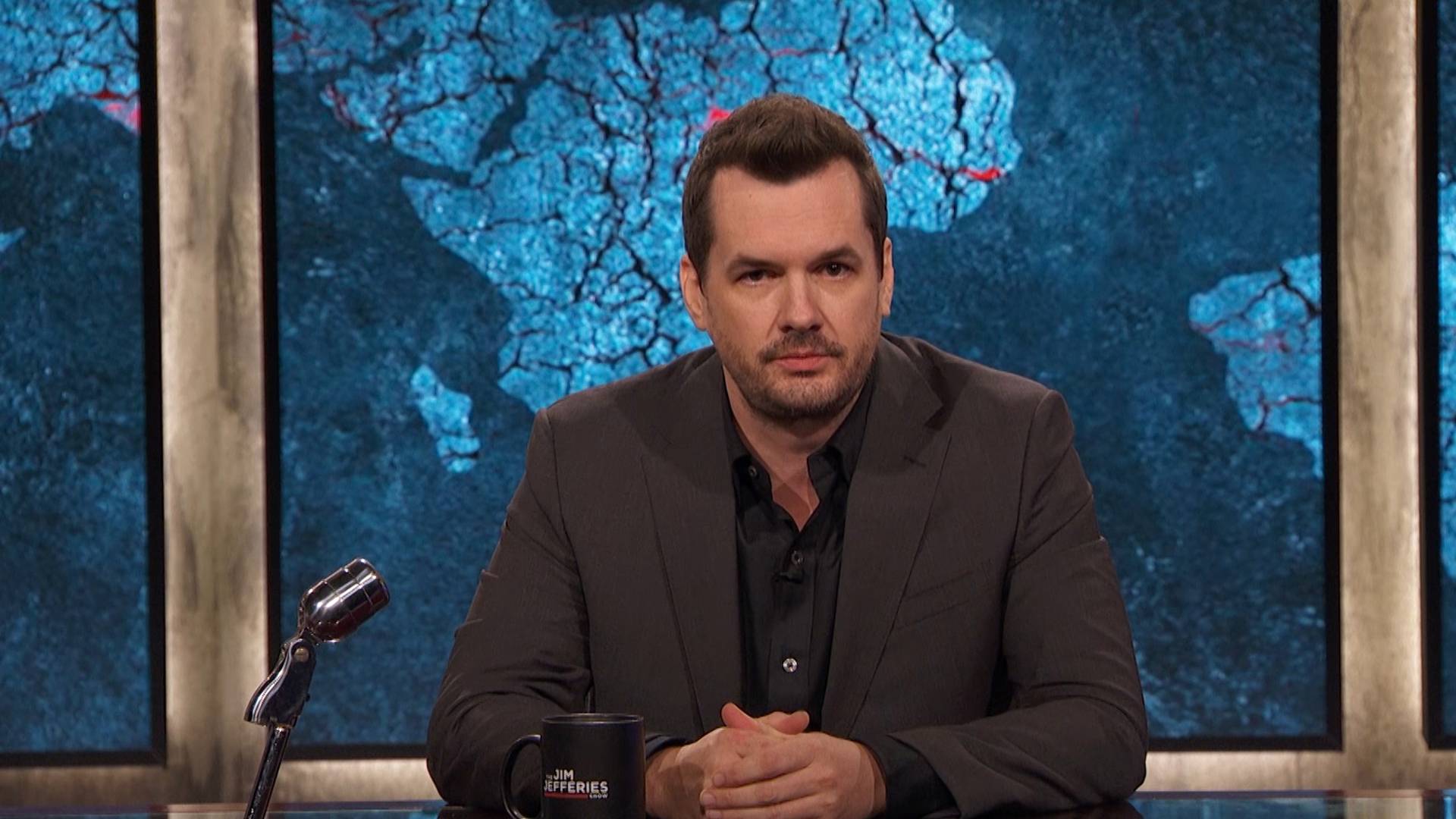
Using Fiction to Define Reality
In his interview with Jeffery Brown, Chappelle says, “I don’t think people pay money to see a guy speak precisely and carefully. I don’t think they want to pay to see someone worried about the repercussions of what they say. They just want to see someone try to get at something honest, or maybe something relatable, or have fun with something.” Chappelle makes it clear that he is not always articulating his precise feelings. He is often just trying to have fun with something people might relate to. He further elaborates in the interview that he believes people are sometimes overly sensitive to everything being said.
Chappelle Talking to PBS Reporter Jeffery Brown Pt.1
- Chappelle: Yes and No. Sometimes, I think we’re painfully desensitized because we’re bombarded by so much information. And then other times, I think people-it’s just – there’s a lot to be mad at, especially when you know so much. So, I think it’s a challenging time. I think that, in a time like that, I, for one find solace in the arts. I don’t have to agree with all the art I consume, but it helps me understand how I actually feel about it.
- Brown: Are you surprised by the criticism that has come your way?
- Chappelle: No. And I don’t mind that people get upset. Some of this criticism, like, it is helpful. I get educated by it. I don’t necessarily agree with all of it, but I learn about a lot of things just from my critics.
- Chappelle to a crowd: I say a lot of mean things, but you guys got to remember, I’m not saying it to be mean. I’m saying it because it’s funny. And everything’s funny until it happens to you.
Growing up During the Crack Epidemic was a Laugh
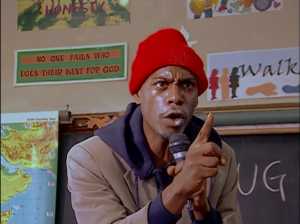
Chappelle follows this up with the fact that he personally grew up during the crack epidemic. And that he regularly makes jokes about it, despite knowing how damaging it was to the African American community. He also notes how in his opinion, the opioid epidemic and opioid addicts are treated differently from crack addicts. He believes this is because most opioid addicts are a different demographic compared to crack addicts. And he thinks this has led to them getting a more empathic response. (Chappelle is implying that opioid addicts’ being white has led to them getting a more compassionate response.)
Chappelle Talking to PBS Reporter Jeffery Brown Pt.2
- Brown: If bad things happen to someone else, that’s not necessarily funny.
- Chappelle: Look at it this way. I grew up in the crack epidemic. I tell jokes about it, growing up in the crack epidemic. And now there’s an opioid epidemic. Are they treating the opioid epidemic the way they treated the crack epidemic? No, this is a national health emergency. When we were coming up, we were policed by the National Guard. Addicts were criminals. Now they’re saying addicts are sick. And maybe it’s because the demographic of the opioid epidemic is not the same demographic as the crack epidemic.
- Brown: You’re talking about race.
- Chappelle: Right. So, now that your community is getting destroyed, it’s then a whole nother ball game. And then you have—it’s a huge window of empathy…But I’m just saying everything’s funny until it happens to you is more about empathy, but there for the grace of god.

Chappelle makes it clear that he knows about the social issues surrounding certain groups. That his jokes sometimes can be mean-spirited, poke fun at issues that people are sensitive about, and even stereotype certain groups. But, usually, he believes his presentation has a purpose, or as Ricky Gervais put it, “I think that it’s about making people think about it. Why it’s funny.” Comedy can have a deeper meaning that may be missed, often leading to people misrepresenting the joke. Some people might even see the purpose and still not find it funny. Not all jokes are going to land with an audience. This has occurred with other comedic works. This is something that can be seen with Apu from The Simpsons.
The Problem With Apu Versus The Apu I know
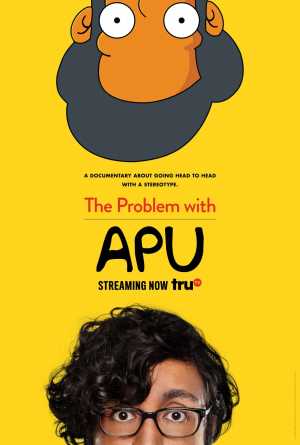
Apu Nahasapeemapetilon is a side character in The Simpsons. He is an Indian immigrant that runs the local Kwik-E-Mart. (The Simpsons equivalent of a 7-11.) Due to him being a stereotype of Indian immigrants and the fact that he is voiced by American actor Hank Azaria, some took issue with it. Some believed it was a racist portrayal of Indians, which led to the creation of the 2017 documentary The Problem With Apu by comedian Hari Kondabolu. The documentary was divisive, as the character of Apu was compared to racist minstrel shows. According to Kondabolu, the problem with Apu was that he was the only representation of Indian Americans.
Conversation between Ambudkar and Kondabolu
- Utkarsh Ambudkar: The thing is that The Simpsons stereotypes all races. They stereotype the alcoholic, the deadbeat dad, the fuck up kid, the over-achieving daughter. They stereotype Italians, Chinese, Japanese. They spare no expense. The problem is we didn’t have any other representation in this country.
- Hari: The was no Aziz, no Mindy, no Kal, no that dude who was on Lost, and that other dude from Heroes and that dude that’s in the Apu documentary. No politicians, no reporters, and no whatever Deepak Chopra is. This is all we had (referring to Apu). Apu reflected how America viewed us. Servile, devious, goofy.
- Ambudkar: And that creates a problem when the most popular show on television, which it was, is showing mainstream America what an Indian is.
The Apu he Knew
Others, like animator/YouTuber Max Gilardi (hotdiggedydemon), took issue with that comparison. He felt the character and Hank Azaria’s performance were too nuanced to simply be written off as a racist caricature of the Indian people and the culture.
I’d like to try to not let the fact that I’m a The Simpsons fan color my assessment of the evidence. But then again, I also think that me being a Simpsons fan is important to this conversation, and of course, I realized that I can’t just accuse people who are offended by Apu of being too sensitive because that’s far too vapid of a stance to take. Mr. Kandabolu says that he’s a Simpsons fan as well, and I have no reason to disbelieve him.
THE APU THAT I KNOW – Brain Dump
That being said, I did find it odd that the first thing that stood out to me about this documentary is that the Apu depicted in this film seems very different from the Apu that I know. And as somebody who feels he has punditry on the subject, let me be the first to say Apu Nahasapeemapetilon is so much more than a thick accent…Now in order to determine if Apu is a harmful stereotype, step one is we have to ask ourselves what do we know about Apu…
He’s an immigrant who was born and raised in India. He came to this country looking for a higher education in the field of technology. He lived in America Illegally at first, but was able to go through the proper channels and received his official U.S. citizenship, as of episode S07 EE23. He’s a business owner and a hard worker, sometimes to his own detriment. He’s smart…so smart, in fact, that he has a doctorate in computer science. Which, of course, technically means he’s a doctor. All the women in Springfield want to bang him. He drives a cool car. He enjoys clog-dancing, apparently. He has a hot wife, albeit one that was arranged to him. He’s expressed an interest in screenwriting. On several occasions, he’s been shown serving as a volunteer firefighter. He’s a hopeless romantic. He enjoys gardening. He’s vegan…now when it’s all laid out like that, you might think, in stark contrast to the accusation that he is a harmful stereotype, Apu is actually an outstandingly flattering depiction of an Indian person. He certainly is a more flattering depiction of an Indian than Homer is a depiction of a white guy.
Giladi and many fans point out that while Apu has a thick stereotypical accent, he’s developed to be more than that over the course of the series. Fans get to see the character’s faults and strengths. Apu changes and grows as the series goes on. And unlike the series protagonist, many of his changes are permanent due to him being a side character. This is not to say there are no permanent changes to the central family, as Lisa becomes a vegan and a Buddhist over the course of the series. Lisa changing her religion and becoming a vegan is also something Apu helps her work through. But, changes to the main cast are often a one-off event or a gag. Such as Marge using steroids and becoming muscular after being mugged in the episode The Strong arms of Ma or Bart moving out in Bart Over.
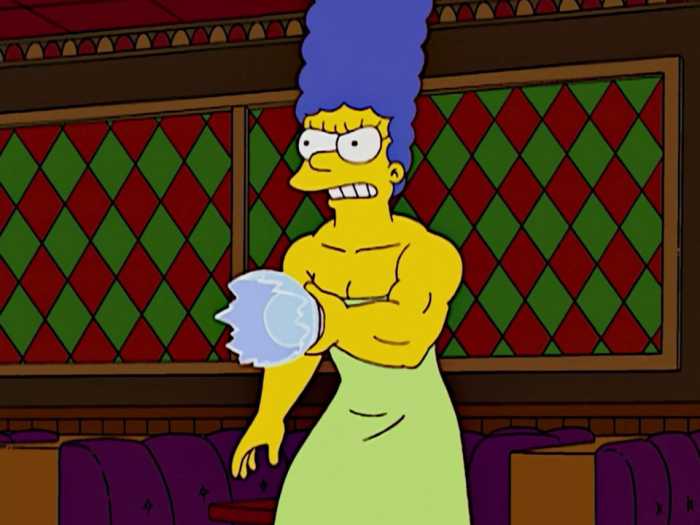
And while Apu’s storyline focuses on topics like arranged marriages and being in America illegally. (Something that Hari Kondabolu found offensive) Many of these episodes satirize/mock American culture. In the episode Much Apu about Nothing, Apu needs to get his citizenship. The episode highlights how the citizenship process and legal system are heavily flawed. It implies that many Americans (i.e., Homer), if forced to take the citizenship test, would probably be incapable of passing it. And while Apu does pass the test, the episode does not simply end on that.
It points out that American voters need to get out and vote for the change they want to see in their country. In that episode, proposition 24 would make it possible to deport immigrants. Having seen how Apu struggled to get his citizenship, Homer, at Apu’s celebration party, tries to rally the people of Springfield to get out and vote against the bill. It ends in complete failure, with 95% of people voting in favor of the bill. (And the only person being deported is groundskeeper Willie.)
When so many stories involving Apu portray the character positively, it is hard to see the character as a racist caricature. At least when you compare it to content like Birth of a Nation and minstrel shows. (Birth of a Nation and minstrel shows depicted African Americans as savages, ignorant, lazy, and rapists. Similar stereotypes can be seen in the depiction of American Natives, Asians, Indians, and Jewish people. But once again, that content is often seen as propaganda created by extremist groups like the Ku Klux Klan and Nazis.)
But this is the opinion of individuals who are not South Eastern Asian. And according to Utkarsh Ambudkar, the issue he took with Apu was that he felt Indians were not prevalent enough to offer an alternative depiction of their culture. So, when the most famous depiction is a stereotype, he thought it led to the culture being reduced to a one-off joke, “Thank you, come again.” (According to Hari Kondabolu, in the 33 seasons Apu has appeared in, he has only used this line 8 times. But it still became his most famous line and a reoccurring joke used to mock Indian people.) So, for the sake of fairness, let’s hear from other South Eastern Asians on what they thought of Apu (Side note: Personally, I don’t think someone’s race, sexuality, or ideology determines what they can speak/write about. If this argument is accepted, then no group can criticize another group. i.e., women would be unable to voice criticism of men, or vice versa. I feel that the argument “you are not of X culture, so you are not allowed to speak on it” is just a way to silence criticism or prevent an outside perspective. But these are just my feelings.)
Comedian Akaash Singh did a stand-up special titled Bring Back Apu. He made jokes about the character’s removal from the series until they could find an Indian actor to portray him. (Hank Azaria walked away from the role in 2020.) His bit was mainly in favor of the character, despite the perceived racism surrounding him.
Bring Back Apu
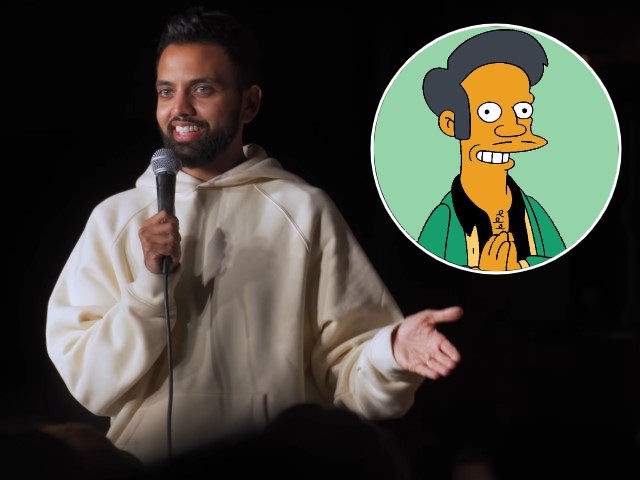
I grew up in the 90s. I’m not use to Indians talking about racism. These motherfuckers got rid of Apu. How you gonna cancel Apu. I miss Apu. You guys remember Apu, the Indian guy who owned the convenience store in The Simpsons. He was a staple of my childhood. And then all of a sudden, four brown dudes that wanted to fuck white girls and tried to make him racist, and then they just canceled this mother fucker. What was racist about Apu? Here is a brown man, married to a beautiful brown woman, owns his own business, selling overpriced product to unwitting white people. Apu’s not racist; he’s the American dream.
BRING BACK APU | Akaash Singh Comedy Special
The only thing that offended my parents about Apu was I’m not Apu. (Singh is jokingly asking his parents) Well what about his accent? Doesn’t that offend you? And they’ll be like your accent offends me. Have you heard yourself speak Hindi? It’s embarrassing. Man, these fucking brown A-list millionaires. Oh, because of Apu, I got made fun of in my childhood. Welcome to childhood, bitch. What do you think this is with everybody else? You think they were carrying the Korean kid on their shoulders after calculus. No, they cheat off that mother-fucker and ignore him until the next pop quiz. The Korean kid at my school they didn’t even know his name. You know what they called him, Chinese. That’s right, they didn’t care.
A few days after the special aired on YouTube, Akaash would go on The Joe Rogan’s experience to explain the message he was trying to get out. He wanted to “differentiate between people’s hurt feelings and being oppressed. Your hurt feelings are valid. And kids made fun of me for it (referring to Apu), but you’re not fucking oppressed.” He acknowledged that people can get offended by certain jokes and are entitled to their emotions. Still, in his opinion, he felt that the removal of Apu was an over-correction of the problem. This is something echoed by journalist Ali M. Latifi. Latifi says in his article that “Apu always struck me as funny, but not vicious.” Latifi, like Gilidai, points out how Apu has, in his opinion, one of the stronger arcs in the series. And while the character does embody many stereotypes of 1990’s Indians, Latifi points out how these aspects are factually accurate. “Apu’s small business may be seen as the embodiment of a 1990s cliché about Indian men owning convenience stores, but with 80,000 Indians owning such establishments in the U.S., these stores have actually financially empowered generations of Indian families.”

He was also one of the few characters to have a real arc. Over the years, I saw him become more than just the one-note Kwik-E-Mart owner—he was an entrepreneur, a father to octuplets, and even had a doctorate. Also, Azaria’s voice, though put on, invoked true empathy during emotional storylines, like when Apu loses his store and faces deportation. Apu’s words may have been coming out of the mouth of a white man, but his story said something about the human condition that Springfield’s more clownish characters could not.
When we canceled Apu from ‘The Simpsons,’ here’s what we South Asian Americans lost
When looking at the claim that Apu is a racist caricature of Indian people, they seem weak. Someone would have to make a surface-level observation of the character while simultaneously ignoring the show’s implications. People undoubtedly have been offended by Hank Azaria’s performance. But that does not prove the character is racist or the creator’s intentions are racist, as anyone can be offended by anything. Even when a character is written with a primarily positive depiction, it can offend some people. (Amar Shah, a Washington post-Journalist, had a positive impression of Apu. He compared Apu to his father. While he acknowledged growing up, people would make jokes comparing him to the character; he also believed there were certain truths about Apu.)
Black Should Sound Black, and White Should Sound White?
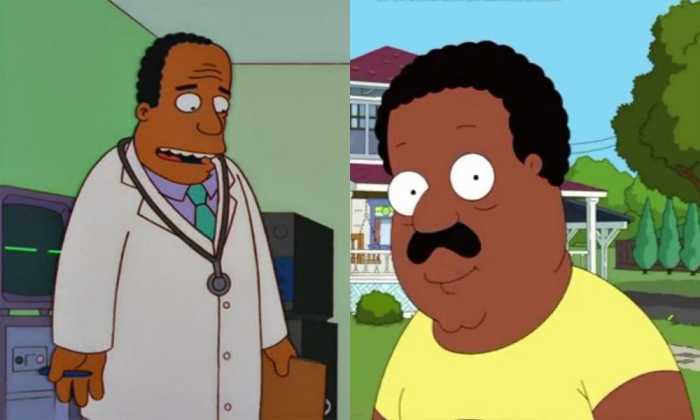
Hank Azaria leaving the role of Apu was followed by a series of recasting in other shows. (Cleveland Brown-Family Guy, Dr. Hibbert-The Simpsons, and Bernice Hibbert-The Simpsons all had their voice actors replaced.) Now the actors who left their roles are mostly limited to animated comedies on Fox. But, there have been those calling for actors in dubbings of Japanese animes to be recast to match the character’s race. Saying, “Black should sound black.” This was primarily directed at the voice actor (Anairis Quinones) for the character of Usagiyama Rumi, a.k.a Rabbit Hero: Mirko. (From My Hero Academia) Now there are several problems with this. Though the character has dark skin, Mirko is not African American. She is Japanese. (The character is born in Hiroshima, Japan.) So, if they were looking to match the race, they would need a Japanese voice actor for the localization. The character already has this, as the series originated in Japan. Part of the reason localizers do not focus on an actor’s race is that it is not important in localization.
All localization teams are always working on content from a foreign region. If the country of origin had someone to localize the show into another language, there would be no need for foreigners to do the localization. This is why localization teams exist. But, the biggest problem with the controversy surrounding Mirko is that the character’s English voice actor is an African American. This essentially means the people saying “black should sound black” are implying Mirko and her English voice actor sound white. Many people find this to be a racist or a backhanded compliment when used to refer to an African Americans’ ability to speak English. It can be taken that way by foreigners and immigrants as well. (Dialect and accents typically have nothing to do with race. It is usually tied to the region or country you live in.) Critics of these recasting’s (or calls for recasting) have pointed out that there is a blatant double standard. As many non-white voice actors take on roles of characters, who do not match their race, gender, or sexual orientation as well.
What Does (Insert Race) Sound Like?
While many people like to believe that some voice actors are, stealing roles from minorities or doing black-face, it is often not the case. Typically voice actors are chosen based on their ability to portray a character. People are welcome to doubt this, but this is often the reason voice actors are selected for specific roles. Most kids in animation are portrayed by adult women since they are more experienced than actual child actors. Also, women tend to play both boy and girl roles since adult men typically cannot reach the higher voice pitch necessary. The fact that they are no longer going through puberty means the director does not have to worry about their voice suddenly changing mid-way through production. For example, African-American voice actor Phil Lamar has voiced many characters that are not the same race as him. He’s voiced Aqua-Man in both Young Justice and Injustice. (He voices all versions of Aqua-Man in Young Justice. Both Arthur Curry and Calderon), Samurai Jack from Samurai Jack, Gambit and Colossus from the X-Men, and Vamp from the Metal Gear Series. And for many of these characters, Phil Lamar is doing an accent. Yet he does not get the same push-back that white voice actors get. The question we need to ask now is, is doing an accent actually racist?
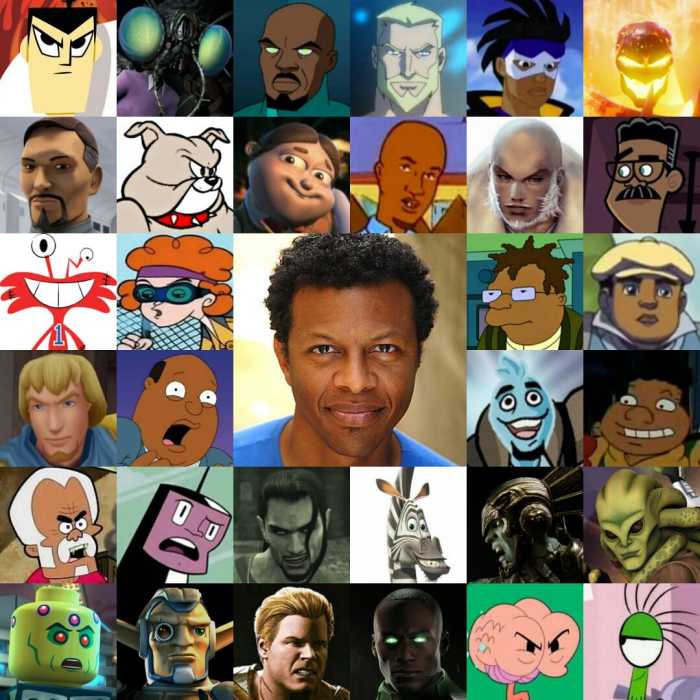
Are Accents Racist?

The short answer is no. As actress/comedian Noureen Dewulf puts it, “There’s nothing wrong with doing an accent. An accent is a crucial part of a character.” Not everyone speaks the same way. We can see this with American English. Multiple regional accents exist. They are often used to make jokes and stereotypes about people who live in those regions of America. (It is often implied people in the southern part of America are stupid and inbreed. People on the east coast are often depicted as spoiled and laid back.) It is a common joke in many cultures, not just western ones. Accents are not just used to make jokes about foreigners/immigrants. An excellent example of this can be seen in the Scottish sketch comedy show Burnistoun.
In it, there is a joke where two Scottish men are stuck in an elevator that is voice automated. They cannot get out due to the elevator’s inability to understand their accent. Accents can be used as jokes and not be racist. And this is where the disconnect forms. As Dewulf says, “It’s when the accent lends itself to being a part of a joke about a person. It’s a racist dig.” This is where some may disagree with Dewulf. The definition of racism, according to the oxford dictionary, is “having the belief that some races of people are better than others or having general beliefs about other people based only on their race.” Making fun of someone’s accent can be racist, but it is not always the case or intent. Often it is just used as a character trait.
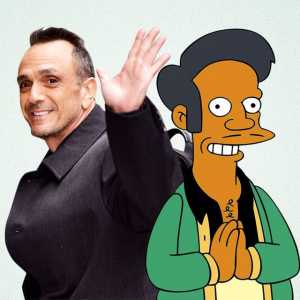
While I have not seen all 34 seasons of The Simpsons (at the time of writing), the character of Apu is generally portrayed in a more favorable light than most of the cast. Apu’s accent is never used to make the character appear inferior or lesser than any other character in The Simpsons. When looking at the facts, it does not appear these kinds of jokes are racist. (Countries around the world also make fun of the way Americans speak. The British regularly mock American English. The British see Americans use of English as improper or a bastardization of the language. Cultures like Japan often mock American culture outright.)
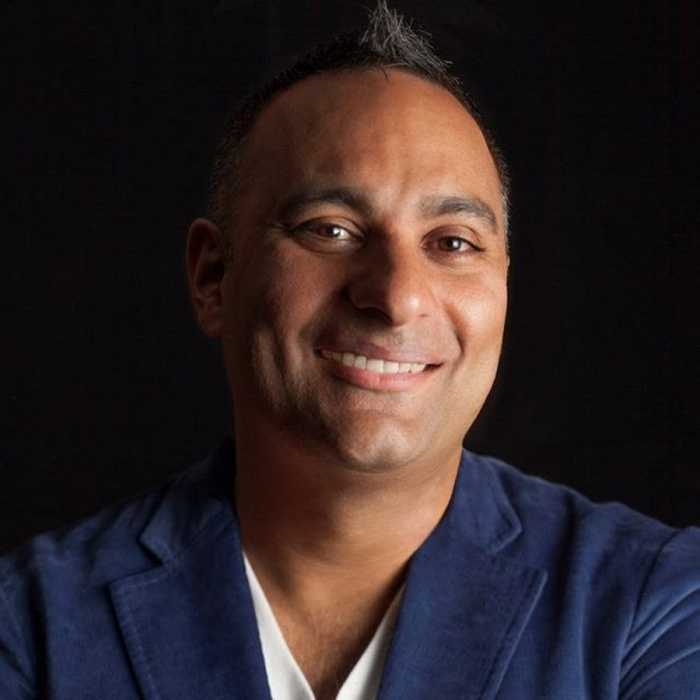
The issue seems to be that people are sensitive about specific topics due to past experiences and believe it is inappropriate to joke about such matters. (This does not just apply to racial humor and can be extended to other issues.) The best way to sum this matter up is with a quote by comedian Russell Peters. In his interview for the documentary The Problem with Apu, he talked about being asked if he would be offended if a white guy used the same accents he used in his comedy routines. (For context, Peters is a comedian of Indian descent. He does a stereotypical Indian accent when telling some jokes. Amongst other accents.) “What if a white guy did this voice? Don’t get caught up in my color. Don’t get caught up in my voice. Get caught up in my intent.” And it is true. There is a difference between someone threatening a group based on their beliefs, ethnic origin, degrading them, and telling a joke based on cultural differences. Often that is the point of this type of humor. To point out how people do not understand different cultures. How it can make some people uncomfortable or behave awkwardly. A common trope in comedy is when someone (often of white/European descent) is genuinely trying to fit in with another race. And they end up embarrassing themselves or causing trouble due to their lack of understanding. We can see this with Jackie Chan in the film Rush Hour. Buddy cop films often use this trope, both for drama and comedy. Rush Hour 2 also reverses this trope with Chris Tucker being the one who does not understand the culture when he and Jackie Chan go to China.
This is why comedian’s like Ricky Gervais and Dave Chappelle believe empathy is important when telling a joke. Comedy often points out life’s absurdities, how we treat one another, or how our actions can lead to misunderstandings. It draws attention to the hypocrisy and irony of certain events. This is why comedians like Dave Chappelle can joke about the opioid epidemic or trans rights, as they have parallels to the crack epidemic and civil rights movement. This often leads to us being able to reflect on ourselves or our own/other cultures. This is why people do not always get upset when someone makes a joke about another culture, whether the person telling the joke is a part of it or not. This can be seen with comedians Jeff Dunham and Gabriel Iglesias
How Comedy can Bring us Together
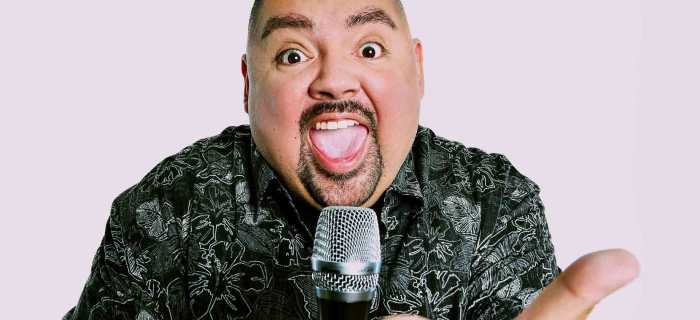
In the 2013 stand-up special Aloha Fluffy, Gabriel Iglesias talked about his experience doing stand-up in the Middle East (specifically Saudi Arabia). How the entire time, he was nervous about the experience and was afraid of what jokes he could make in the country. He talks about how he and 2 other comedians were scared. They were so frightened that when three Lincoln navigator SUVs picked them up, they all got together in one instead of getting in their own SUV. (In his story, it is implied they were supposed to have their own chauffeur.) Iglesias is further concerned because he was supposed to meet a “point person” at the airport that did not show up. This, coupled with his research into Saudi Arabia, made him uncomfortable, as he was aware of the country’s conservative nature. As he put it, “you think the rules in Singapore are strict. The rules in Saudi Arabia are very different, okay. And I don’t want to offend anyone.” This led him to continue talking to the driver to better understand what he could and could not do in the country.
Iglesias story about meeting his Driver in Saudi Arabia
- Iglesias: Sir, could I ask you some questions?
- Driver: Sure, whatever you need. You ask, I tell you, it’s okay.
- Iglesias: I apologize in advance if I come across as rude, disrespectful, or ignorant, but um, how do you guys know about me here in the middle-east?
- Driver: What do you mean how we know?
- Iglesias: How do you know I’m a comedian? Do you guys have Comedy Central or HBO, or Showtime?
- Driver: What is that?
- Iglesias: That’s a no, that’s what. How do you know I’m an entertainer?
- Driver: Oh, your videos. YouTube, my friend. YouTube, you are huge. You’re the number two most famous comedian in all of the middle-east. Number two.
- Iglesias: You’re kidding me?
- Driver: I am not comedian. I don’t, kid.
- Iglesias: Who’s number one?
- Driver: Jeff Dunham.
- Iglesias: He’s the number one comedian in all the middle-east? You guys don’t find him at all offensive?
- Driver: No, I’ll kill you. (This is Achmed, the dead terrorist catchphrase.)
Learning to Laugh at Yourself
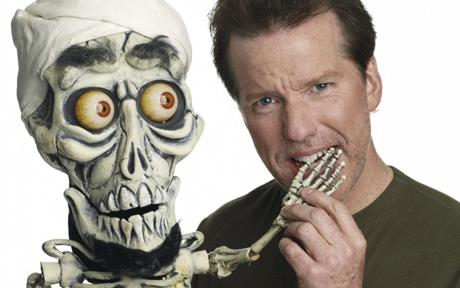
For those who do not know who Jeff Dunham is, he’s a ventriloquist comedian. He does several voices and has multiple characters he plays in his stand-up routines. One of these characters is Achmed, the dead terrorist. This is a character that has an accent stereotypical of Muslim men. Often the jokes involving Achmed mock terrorists and Muslim culture. But despite this, Jeff Dunham’s jokes did not offend Muslim people, as he is the most famous comedian in the Middle East. (At least he was in 2013. I don’t know if he still is.) Jeff Dunham would go on to do a comedy world tour a year after Iglesias. When he arrived in the Middle East, he did not want to include Achmed in his routines at first. But he was surprised when Achmed was one of the more requested characters, despite being an obvious stereotype of Muslim people. What needs to be understood about comedy is there is this thing called roasting. (Now, usually, roasting is focused on one individual.) Comedians almost always make jokes at someone else’s expense or engage in self-deprecating humor. It is seldom personal. This is something Iglesias noticed in Saudi Arabia. (There is also something called an insult comic that “works” the crowd and makes fun of them)
Iglesias Meeting Saudi Arabian Fan
- Iglesias: Then, after the show, I got a chance to meet some of the locals. And one guy was almost in tears. He was so emotional. He walks up to me, and he’s just like
- Fan: I cannot believe I am standing here in front of you, Mr. Fluffy.… Please, please, when you return to United States or where ever you travel, please let the people know what you saw, okay. Let them know where not all bad. That we’re not all those bad people from Fox News, okay. Because we see Fox News and Fox News believes that everyone in middle-east is bad. Everybody’s terrorist. Everybody has a bomb. He has a bomb, he has a bomb, he has a bomb. Oprah is here giving a bomb to everybody. Please let them know we’re not all bad people. We are not all terrorist. My cousin, maybe.
- Iglesias: What?
- Fan: I’m kidding.
Nothing Personal Kid
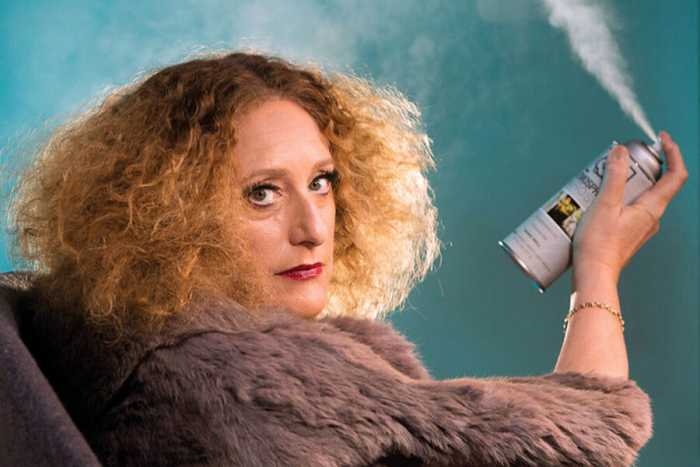
Comedians take subject matter that people may find serious and make light of it. Not to hurt people’s feelings but to point out the absurdities within our culture or simply make people laugh. It is usually not personal. Not all jokes are going to land with everyone. And some jokes may be offensive to people due to their history or personal belief. (Clip of Steve Harvey talking to Jerry Seinfeld about how a joke about drunk driving offended a woman in his audience.) But, it is unrealistic to expect every comedian to build a comedic set around everyone’s history and personal sense of humor. Comedian Judy Gold understands this, saying, “people who don’t like a song simply switch radio stations. Why don’t they do the same with humor that upsets them – tune it out instead of trying to censor it?” This is what comedians are constantly fighting against. Not the hurt feelings of people who have seen their stand-up or how people interpret their jokes. As jokes are subjective, whether they are funny will depend on a person’s sense of humor. Debating subjective matters is usually not worth the effort, as everyone will form their own opinion. But what is undeniable is that social media plays a role in shaping our view of art, for better or worse.
We Cannot be Friends Until you Share my Opinions
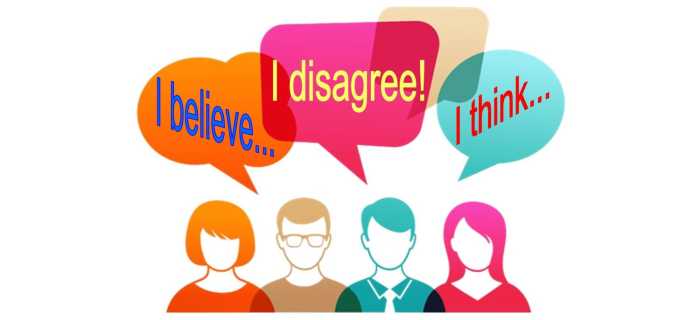
It should not need to be said, but there is nothing wrong with having an opinion. This article mainly responds to opinions and cites other people’s opinions as a rebuttal to differing opinions. As stated before, the issue is that these opinions are being used as justification for online harassment campaigns against people, removing them from their jobs and reason for violence against people. (This is not just limited to comedians making offensive jokes. Actress Constance Wu received backlash after commenting on the renewal of the T.V. series she starred in, Fresh off the Boat.) Despite people claiming that comedians’ offensive jokes about other cultures are causing harm, there has not been any credible evidence that this is the case. Yet, we have seen comedians attacked on stage over jokes. (Chris Rock and Dave Chappelle) People are calling for their removal/firing for doing their job. (Dave Chappelle had one of his shows canceled and was forced to relocate it.)
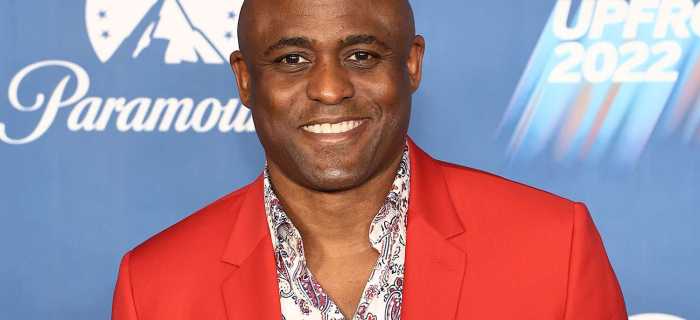
For all the claims that comedians are hurting/putting minority groups in danger, it does not appear to be true. None of the studies in psychology show any lasting mental harm from offensive jokes or other offensive art. The only people who seem to be getting attacked are comedians. It has already been mentioned how Chris Rock was slapped by Will Smith at the Oscars, but Dave Chappelle was attacked on stage at a performance on May 3, 2022. Once again, comedians being attacked/ threatened over jokes is nothing new. In 2010, South Park creators Matt Stone and Trey Parker were threatened over their depiction of the Prophet Muhammad. When looking at cancel culture and the supposed goal of keeping marginalized people safe, it does not seem capable of accomplishing that. As it harms even those who are a part of marginalized communities.
Remember the Name, Daphne Dorman
One of the people who stood up for Chappelle was trans comedian Daphne Dorman. In his special The Closer Dave tells a long story about how he met Dorman, how they became friends, and how they passed.

Before I go, I want to share this story. Because it is important to this point. I want your community to know that one of the coolest people I ever met was a transgender woman. And this is not a man that I knew that became a woman. This woman was trans when I met her. Lived in San Francisco. Daphne Dorman is the name. I would do 18 shows in the Bay Area. Sometimes in Oakland and Dirty Hood nightclub. And she would be there, white trans woman, laughing loud and hard at everything I said. Especially the trans jokes, very puzzling…because she was obviously trans. And one night after one of the shows, I met her. And what it was, turns out, it was her dream to be a comedian. And I was her hero. Very moving. I could not dislike somebody that felt that way about me. We became fast friends. And when I made that special Sticks and Stones right as it was coming out, I happened to be in San Francisco, and I wanted to do a show. But I needed an opening act, and I remembered…that trans woman I had met, so I called on the phone. And I called her myself. I said, “Hey, Daphne, this is Dave Chappelle.” She couldn’t believe it. And I go, “I’m in San Francisco.” And then she started saying a bunch of wild stuff. I was like, “Relax now. I don’t want any pussy. I was … I’m just calling because I’m doing a show and I need an opening act. And I was wondering if you’d open the show?” And she was like, “fuck yeah” Now… I didn’t know this at the time, but this woman had only done stand-up comedy eight times in her life. This was little to no experience… She’s an amateur in stature, but in practice, she was very professional. She showed up early, which is something I really appreciated cause I like people to be on time. She was dressed to the motherfuckin nines, I mean, I’m transphobic, and even I was like, “You look nice.” Went up on the stage with all the swag of a professional comedian, grabbed that mic and walked right down the middle, and looked at the crowd like a gangster. Man, you should have seen her work. This bitch bombed for 45 minutes straight…And then she brings me on, and you know, I was like a glass of water after a handful of salt… But here’s what impressed me. Any other comedian I’ve ever seen, if they had bombed as bad as she did, would have snuck out back of the theatre and went home and cried or something, but she didn’t do that. Not only did she not leave, she found a seat right up front…When Sticks and Stones came out, a lot of people in the trans community were furious with me, and apparently, they dragged me on Twitter. I don’t give a fuck, cause Twitter is not a real place. And the hardest for a person to do is go against their tribe, but Daphne did that for me. She wrote a tweet that was very beautiful, and what she said was, and it is almost exactly what she said. She said, “Punching down on someone requires you to think less of them, and I know, and he doesn’t. He doesn’t punch up, he doesn’t punch down, he punches in lines, and he is a master at his craft.” That’s what she said.
The Closer Dave Chappelle
After telling this story, Chappelle made it clear he was hurt by this. He was hurt by Dorman’s decision to commit suicide and how people online treated Dorman. While he did not blame Twitter or the trans community for Dorman’s death, he believed that all the attention and harsh words did not help the situation. In the final moments of his special, he says, “Empathy is not gay. Empathy is not black. It is bi-sexual. It must go both ways. Remember, taking a man’s livelihood is akin to killing him….” He makes it clear that he will not be telling any more jokes about the LGBTQ community until he is sure that he and the LGBTQ community are laughing together.
Many doubted the relationship between Dorman and Chappelle. Journalists could not find any signs of online harassment against Dorman. (Myself included. Many suspect that the tweets were removed by moderators or users after Dorman’s death.) But Dorman’s sister Becky confirmed the two were indeed friends. (Becky had multiple text messages of their discussion with their sister.) They also confirmed that Chappelle did set up a trust fund for Dorman’s, daughter. Becky did not believe that Dorman’s suicide was due to the harassment online. They thinks it was due to Dorman losing custody of their daughter and PTSD due to problems with their father. As previously mentioned, Chappelle continued to receive pushback after The Closer aired. Even at Duke Ellington School of The Arts, some people did not want to see his name on the theatre. Chappelle responded to this controversy in the short Film What’s in a Name.
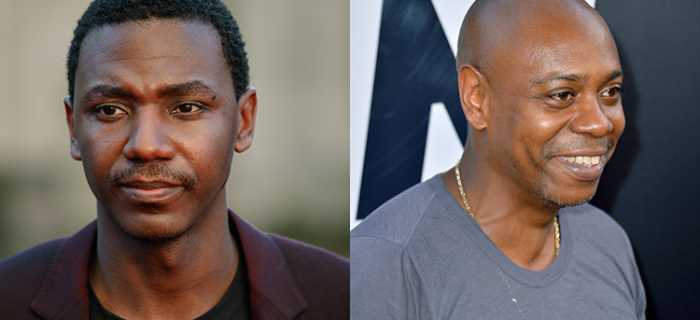
When Chappelle visited Ellington in 2021, he questioned students on what they felt was wrong with his special The Closer. “And a line formed. These kids said everything about gender, and this and that and the other, but they did not say anything about art.” Chappelle makes it clear that “this is my biggest gripe.” He is not upset that some people did not like the special or that people did not like specific jokes. He is frustrated by the fact that people are ignoring the artistic side of his work. He states “that you cannot report on an artist’s work, and remove the artistic nuance from his words.” He believed that how his special was portrayed was misleading and ignored much of the depth of his performance. That the students were merely repeating talking points they had heard from someone else. As he “…heard those words before.” Chappelle stressed that his issue has “nothing to do with what you’re saying I can’t say. It has everything to do with my right, my freedom of artistic expression. That is valuable to me. That is not separate from me. It’s worth protecting for me, and it’s worth protecting for everyone else who endeavors in our noble, noble professions.”
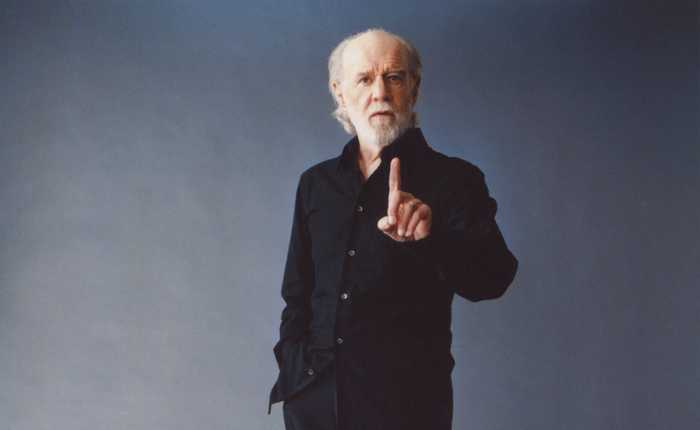
Like Carlin before him, Chappelle is not fighting over people getting offended or critiquing their work but their right to express themselves artistically. The hypocrisy of this whole conflict between comedians and marginalized groups is these marginalized groups expect comedians to speak in a way that acknowledges/adheres to their beliefs. If comedians do not change their speech, they are told they are being intentionally hurtful and that their sense of humor is dangerous. We can go back a couple of years to when we were not allowed to show LGBTQ characters on children’s shows. As Christian groups and parents felt these types of depictions were dangerous. The LGBTQ community had a different tone then. They fought for their right to freely express themselves. Now that the situation is reversed and someone else is fighting for their right to express themselves, they do not seem to care. They actively want these people silenced because what they say conflicts with what they are saying. But, I guess this must be one of those moments where “everything is funny until it happens to you.”
(I Feel) Artist Should Never Stop Acting up
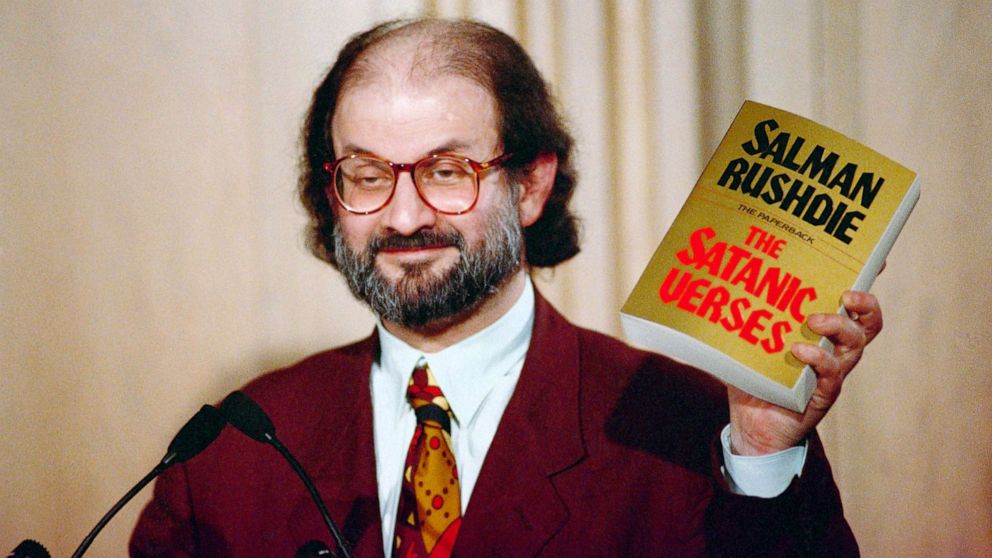
Some may find this to be a “vapid” conclusion, but when looking at comedians’ jokes, it does not appear any of their jokes are causing any real harm. Nor are they calling for violent acts to be taken against certain groups. The people getting upset over jokes are simply trying to criminalize comedians and their behavior because they disagree with the jokes. And this is the real danger, in my opinion. As we are seeing people be attacked for a perceived wrong or implied threat where there is none. While I only mentioned the assault on Dave Chappelle and Chris Rocks in this article. There have been other incidents involving artists and journalists. Like the attack on Salman Rushdie over his book The Satanic Verses. (Rushdie has lost sight in his right eye after the attack.) There have also been other incidents around the world. Such as, in Saudi Arabia, an activist was jailed over posts on their social media account. And Nobel Prize winner Dmitry Muratov was attacked in Russia for disagreeing with Russia’s invasion of Ukraine. Though frankly, it is not surprising as these countries are not exactly known for supporting freedom of expression. But what I find equally alarming is who calling for censorship.
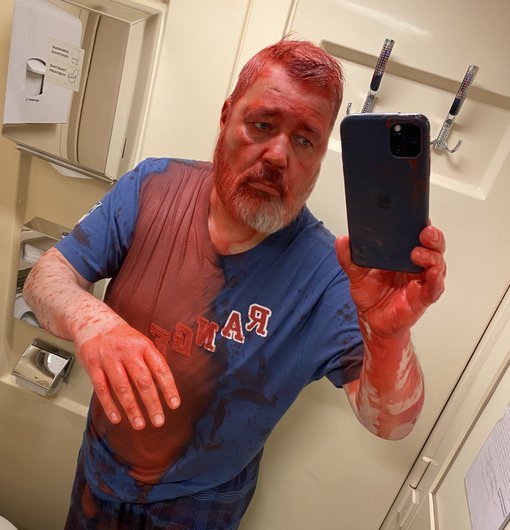
A lot of times, it is groups that have historically had their own content censored/removed, like the LGBTQ community. This is blatantly hypocritical, as many Christians have taken a similar issue with LGBTQ content being on television. And they want it removed/censored, as they believe it could lead to the corruption of morals or put people in danger. Freedom of expression is a two-way street. You do not get to give special treatment to content that you enjoy or an ideology you believe in. All that leads to is a one-sided narrative being spread. (Essentially propaganda) This can be best summarized with the words of comedian George Carlin “So, the next time some asshole says to you, ‘I have a right to my opinion.’ Oh yeah, well, I have a right to my opinion. And my opinion is you have no right to yours. Then shot the fuck and walk away.” While this is obviously a joke on the part of Carlin, from his special Life is Worth Losing. Ironically, it depicts how modern-day society reacts to opinions and people expressing themselves. People are fighting over their beliefs. People believe that their views have more precedent than others. And when an idea comes along that they disagree with or contradicts their ideals, they want to see the offending idea removed/censored. As they believe ideas that disagree or contradict their own are dangerous. But that is not how a free-thinking society works. That is how a tyrannical one does. A society with free speech allows verbal discourse between groups that have differing ideas. It is how the U.S. works with its political parties. (There is undoubtedly room to criticize this party system. But, for the most part, people are free to express themselves.) People must understand that freedom of speech also includes the right to freely offend. If you find someone’s behavior offensive, then you can use your freedom of association to distance yourself from them or offer a rebuttal to their ideas. This is the compromise that most free-thinking societies have come up with. As the alternative is usually enforced censorship or violent persecution. (Once again, we have already seen what this would look like in the past. Christians experienced this under the Romans. The LGBTQ community experienced this with Christians.)
For the artist out there. While, receiving criticism and taking time to self-reflect is important for growth. Not all criticism should be given the same level of importance. Especially when that criticism is coming from someone who is more engaged with a Twitter post than the actual art being criticized. There are times when artists need to stand by their artistic creations. If an artist truly did not mean to offend someone when using a word like “spazz” or retarded, they should not need to apologize. (Especially when these words are being taken out of context.)
To me, being an artist is not about trying to please everyone. Art is about expressing oneself. Not everyone is going to be happy with that self-expression. We have seen this with LGBTQ content, rap music, and of course, comedy. That is just a fact of life. But if artists keep allowing people on Twitter to decide what they can and cannot say, they will soon find someone else’s voice is coming out of their mouths. And they will have no one but themselves to blame for this turn of events.
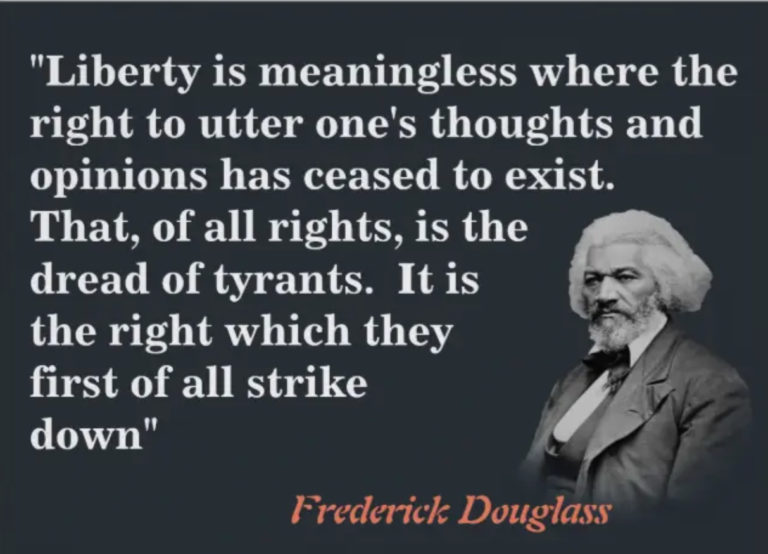
What do you think? Leave a comment.

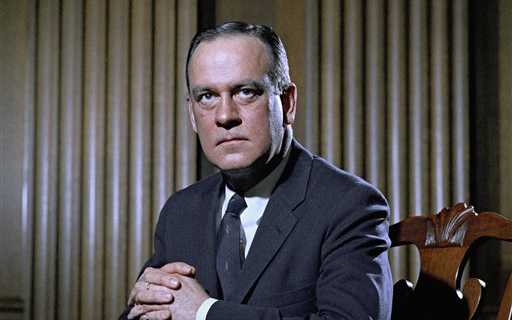

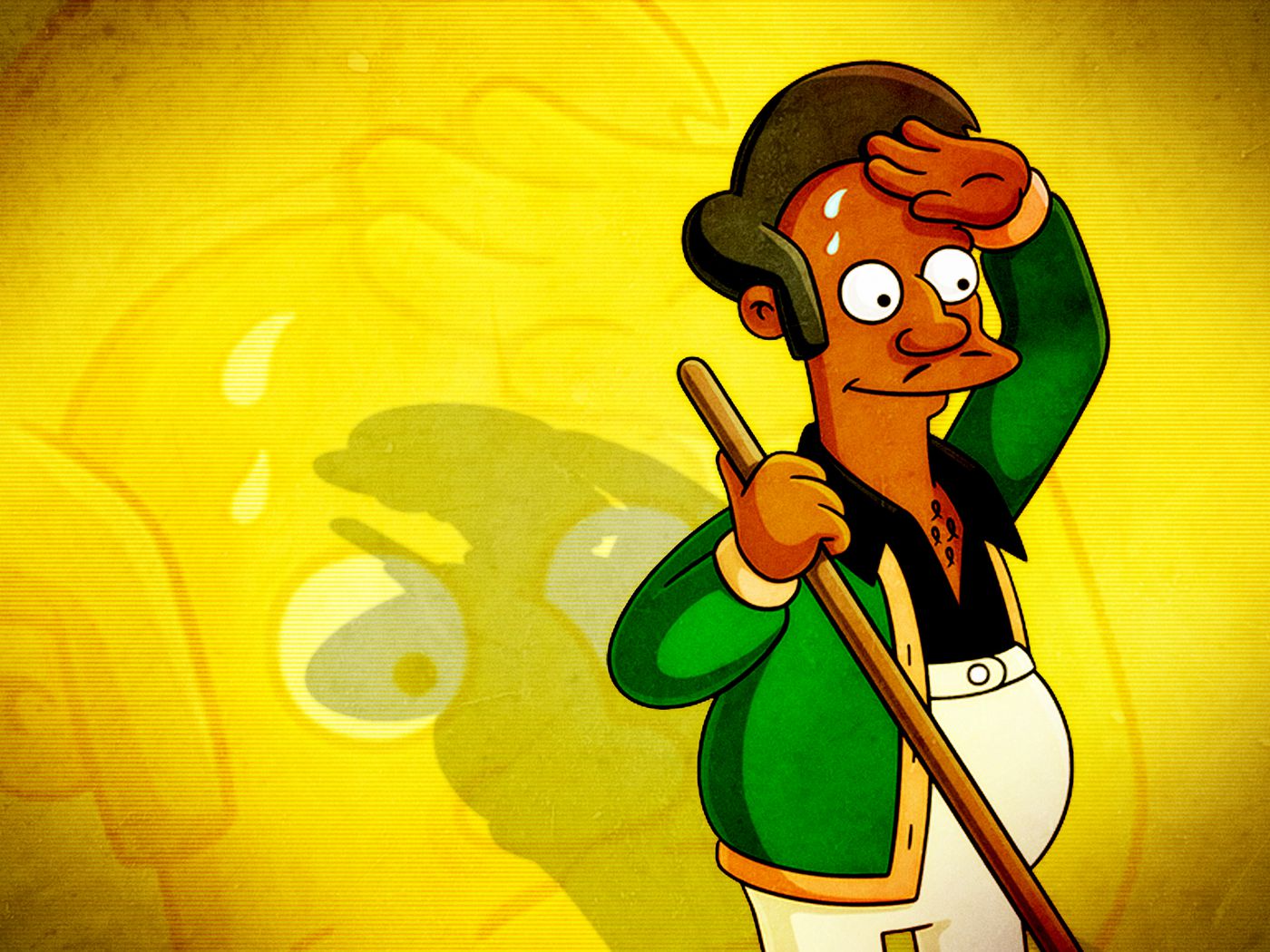











Nothing should be beyond humour or satire, as long as people are warned beforehand.
That’s where I went wrong at the last funeral I attended. God, I died a death that day.
Humour has changed over the years. It is no longer the purpose of comedians to be funny. In these modern times their duty is to deliver political propaganda. So long as you shout loud enough the audience will laugh. The funniest thing about it is that people actually pay to watch it.
I find it funny, you find it offensive and that’s why I’m happier than you are.
Never said I was offended. In the section “(I Feel) Artist Should Never Stop Acting up” literally say artist shouldn’t worry to about offending people. I say at least three different times anything can offend anyone. So, it’s a waste of time trying to be agreeable to everyone. Now, I’m willing to accept that I wasn’t as clear as I could be at certain points. But, it seems to me you didn’t read the article all the way through, and are assuming how I feel. Because the few instances where I state my direct feelings, I’m in support of free expression, and believe people should simply ignore people they disagree with. As long as people aren’t doing anything illegal or hurting someone, why should we care? You don’t have to interact with content you find disagreeable. Personally I really enjoyed writing this. Got to watch stand-up performances and hear artist opinions on their work. Two things I really like. I could think of worst ways to spend a weekend.
I think that person meant in a general sense.
The only criteria by which a joke should be judged is – is it funny?
If it is, then it’s a good joke. If it isn’t, it isn’t.
It will be a very cold day in hell when someone tells me what jokes I can and can’t tell. And until then, if I find a joke funny – whether it be a misogynist joke, a rape joke, a racist joke, an anti-religious joke, a whatever-the-fuck joke – then I will feel comfortable telling it.
A certain amount of discretion and/or tact might be appropriate – would I tell a rape joke to a group of women at a rape crisis centre? probably not – but as I say, nobody is going to censor my humour.
It’s not censorship, it’s called respect for other people.
You can tell them, but then you need to accept the consequences.
Btw the kind of person who would tell is rape joke at a rape crisis centre is quite the loser. It would not be funny.
Do you typically rely on an audience of one (yourself) with your jokes.
So tough.
There are jokes you can and can’t tell, hate to break it to you. If you aren’t from a minority or racialized group and are having jokes made about your community all the time, of course you wouldn’t understand what it’s like to be the center of “comedy.” No joke is funny if it’s targeting social issues or certain people who have real trauma. You wouldn’t tell a rape joke because you’re afraid of the consequences you’d face and don’t want others to tell you how much in the wrong you are. It’s called respecting others and understanding people’s real life experiences.
I used to find seeing men getting kicked in the nads either in real life or on screen hilarious, I don’t anymore because there’s nothing funny about violence; just like there’s nothing funny about rape jokes. At some point a lot of people realize that they are contributing to a culture of disrespect and violence and change their behavior but also a lot of people just carry on with their over-entitled attitude.
Freedom of expression vs. censorship.
When restricting freedom of speech, it is much more effective just to cut out the tongue of those whose opinions you do not agree with.
Who defines what is offensive?
It can get tricky. In some communities taking the piss can be viewed as friendly and a genuine sign of affection. In other communities the same jokes really are rude.
Any statement that has the hint of violence to any person, gender, sexual preference or group is not just not a joke but is validation of such violence.
Actually it isn’t. The reason offensive jokes are funny – and let’s face it, many are – is due to them defiantly doing something unacceptable.
I’m ok with people saying that a joke was not funny; I just wouldn’t want someone sued, fined, or lose their job over it. If it’s your job to be funny, you’re going to go over the line with someone almost every day. The nature of a joke is that it’s always at the expense of someone. Some are more ‘civil’ than others, but all jokes require someone to be the butt, that’s just how it is.
The point is that the joke must appeal to a shared value.
For example, one very poor joke of my childhood was: “How do you double the value of a new Skoda? Answer: fill it with petrol”. Now that Skodas are no longer perceived as a cheap thrown-together bit of trash, the joke just doesn’t work. It’s just a question with a silly answer.
The point of my analogy is that if you do think that a joke is funny, then deep down, however much you kid yourself otherwise, you share the values that the ‘joke’ contains.
Very eloquently put.
How do you know if you won’t like something without watching it?
If people laughed at it, it was a joke.
Is a “Rape” joke allowable if it is about male-on-male rape – e.g. “Death or Mullah” or “The Lonesome Cowboy”?
Are “Racist” jokes permissible if certain races/nationalities are the “victims” – Americans, Brits (well, the English at any rate), Australians etc.
Where is the line on physical/mental abnormalities – are “stupid”, “fat”, “ugly” or “bald” ok?
I don’t know the answers to any of the above. Anybody?
Yes, yes and yes. Maybe not at the Fringe, but everywhere else where people tell funny stories.
Publicly we should be able to make jokes about anything the law allows.
Once we’ve exhausted this short-list, we can get around in private to the serious business taking the piss out of everything and everybody else.
Which is, of course, exactly what we should do, without a scintilla of shame or remorse.
Freedom of speech is the oxygen of democracy, political correctness the equivalent of CO2.
If you can’t take a joke, go and live in North Korea. Maybe they’d like to hear the one about the Englishman, the Irishman and Kim Jong-il.
It’s only funny if it offends no one.
So how does that process go, to your way of thinking? Funny when told, someone offended, retrospectively evaluated as not funny, feel guilt. Or does the evaluation come first, made on the basis that someone somewhere might be offended although you don’t actually know at that stage so you take into account everything that everyone anywhere might be offended by, before you allow yourself to laugh.
People need to be careful and mindful of their jokes
My personal feelings are more often than not, mocking and making light of a struggle that you aren’t personally experiencing isn’t funny to me.
As a teen in the 80’s I theorized that the world had gotten rid of war (cold war not counting as war) so then the most “terrible thing” was drugs. So there was a “war on drugs” because that was the most “terrible” thing. And then there was a “war” on rock music because that was the most “terrible thing” so they were trying to get rid of that and I thought to myself… “One day they will declare “WAR” on things people say” because that will be the most terrible thing. YUP! It happened. Welcome to the future folks!!!!
I think you can joke about anything and it depends on how you structure the joke. But no matter how you do it, there will ALWAYS be someone who will take offense, and it’s up to you to decide – based on how emotionally invested you are in that person or persons – how much you care about their hurt feelings and then base your counter-response on that. Just because you’re offended, doesn’t necessarily mean that what you’ve heard is actually offensive, except to that person. If you want to go looking for all the bad in the world, you’ll always find it, whether it’s there or not.
I’m offended by bad comedy.
I prefer knock knock jokes, its easy, it’s safe.
Being a professional comedian is a craft you have to hone and perfect through trial-and-error.
Anything taken to serious deserves to be made fun of.
A comedian doesn’t need to know there audience it’s the opposite the audience needs to know there comedian.
Arts culture has a reputable impact on our social culture, so I definitely agree that a lot of these comments and jokes made against marginalized groups can be extremely harmful in a social group. I don’t write comedy and I don’t personally dabble in it, but as a little less than average consumer of comedy, but when comedy is viewed as a form of art and performance, perhaps the audience can disconnect their performance from the actor/comedian the same way we disconnect a character from a show. That isn’t really always the case though, even within shows, (King Joffery’s actor from GOT recieving IRL hate for example) and I think that’s much less of the case here in comedy.
The joke should be judged on whether it is funny.
I graduated high school in 1995 in Phoenix, Az so I’m 44 years old. This generation is way too damn sensitive. Everything offends them. I grew up in a different era and we use to call one another “fagot,Homo,fag,$3 bill” and the list goes on and on. Nobody ever took it personally or said “You can’t say that!” I hate hearing people say “You can’t say that “ WHY? I can say whatever I want actually!!! I guess that we have thicker skin cause my generation never “cancelled people “ or “ME2ed” it. I think that people are just way to sensitive nowadays especially if they are going after comedians. It’s like REALLY? They are comedians and it’s a freaking joke people.
Everyone thinks that they are special and want their 15 minutes. Well guess what, you are not special and in the end nobody cares and they are going to forget about you. People need to mind their own business and try to live their best life by being friendly and kind to everyone you meet. Worry about yourself and your family and do the very best that you can for you and them. Life is short, so enjoy what you have.
Intent is the key, if the intent is to be funny and not to hurt someone it is ok. However, especially non comedians try to walk back their bigoted etatements as jokes after the fact, and that is where a line should be def. drawn
So an attack disguised as a joke might not be ok, but a joke that went bad, but by accident/circumstances or lack of skill shoild not be a problem, ever
Also, if you feel the need to repeatedly say it is just a joke, you might want to get more open-minded people around you, that is if you weren’t trying to be offensive.
As an epileptic person I use sarcasm and jokes to help with my mentality and to cope with having this disability.
“Offense isn’t given; it’s taken”
— Mahatma Gandhi
There are “comedians” like Sam Kinneson who just made jokes to be mean and hateful. His jokes were purposely disparaging to any group of people he didn’t like. But there are actual comedians like Bill Burr and George Carlin who actually have something funny and thought provoking to say. Any subject can be joked about, but if the whole point of your joke is to disparage, you’re an asshole.
Nothing is off limits. You can go a little too far sometimes but that’s rare but I think you should be able to make jokes about everything.
Interesting article
I grew up with comedy being… boundless! Not obviously not everyone will like what you may joke about. Thats fine!
I believe you can joke about anything. Not only that you can, but you should.
In the words of Lord Byron: “And if I laugh at any mortal thing, ‘Tis that I may not weep.”
I think yes you can joke about anything but i’ve got two points i wanna expand on. In the context of stand up comedy, when you walk into a comedy club there should be an expectation that that none of the words that come out of the person on stage are to be taken seriously. People who do comedy for a living are trying to find jokes to make the majority of people laugh and you have to come into a stand up set with the expectation that the comedian isnt speaking 100% seriously about any given topic and that any joke they may make does not represent their true views. I think a lot of people fail to make that distinction.
My second point goes hand in hand with the first. Jokes aren’t meant to make 100% of the audience laugh. You might believe that there are certain topics of discussion where there are no contexts in which a joke can be made about said topics, but you have to understand that just because YOU believe that doesn’t mean the rest of the audience does. Other people might find humor in topics you wouldn’t and thats ok.
Bonus point: i think there’s a misconception that making a joke about something means you’re denying the seriousness of the thing or that you dont think that thing is valid. Maybe a bad joke from someone hiding a little more hatred than they let on might be from that sort of.place but the vast majority of jokes are designed to poke fun at the absurdity inherent in everything not to belittle the seriousness of the thing.
You can joke about almost anything depending how you say it. Context and your intentions matter.
100% you can and should joke about everything! Especially comedians!! Because that is how tough subjects, sensitive ideas and harsh realities can be communicated about with less threatening and intimidating feelings. Also it is the best litmus test to see how free a cultures speech truly is.
I should be able to joke about whatever we want, with no consequences because they are joke, look at the 70s to 90s no one ever died from jokes.
It’s simple. If you find the comic offensive, don’t watch or listen to their show. The audience dictates what comedian does.
Intent of the joke is important. If I murdered someone then made a joke about it, I wouldn’t expect it to be funny.
Nothing should ever be “off-limits” to comedy. That said, not everything will be funny at any given time.
I’ll be the minority and say no, everything isn’t funny no matter how you say it.
The fact that you can even entertain the idea that there are things you cannot joke about is tragic.
A joke is only offensive if it offends.
We are in the ‘Era of to Much Woke-ness’. It is beginning too make my head hurt. However, this article reveals that we are in a time when people critique to much and don’t seem to be grounded in anything except opinion. Perhaps in a few years we won’t have comedians and social commentators any more?
That was thorough.
I think that the word entertainment should be revalued
A well-performed joke is the one with the great timing and placement, where it is mostly unexpected.
I feel like jokes rooted in hate are generally just — lazy? Something about big time comedians making jokes at the expense of trans people feels like the ‘cool kids’ pointing and laughing at the ‘weird’. As if it’s a guaranteed laugh bc you’re targeting the group that society shames. If you’re willing to go to war insisting that a joke is funny when it upsets people, then aren’t you the one who has insecurity going on? You’re the one requiring this person to suffer for a moment so that you can laugh, because you need to socially reiterate in some from that you are above them. The argument of ‘It’s not that deep’ is simply an observation of YOUR perspective. Empathy and understanding only take a few moments.
After doing comedy for almost a decade, I think I’ve had this conversation with other comics at least one hundred times. For the most part everyone has had the same opinion, that jokes aren’t to be taken seriously and nothing is off the table. With so much going on today it’s been difficult for people to disconnect the joke from reality as jokes have gotten much more complex since the early days of standup. It’s always an interesting conversation and debate.
Very soon stand-up comedians will have nothing to talk about